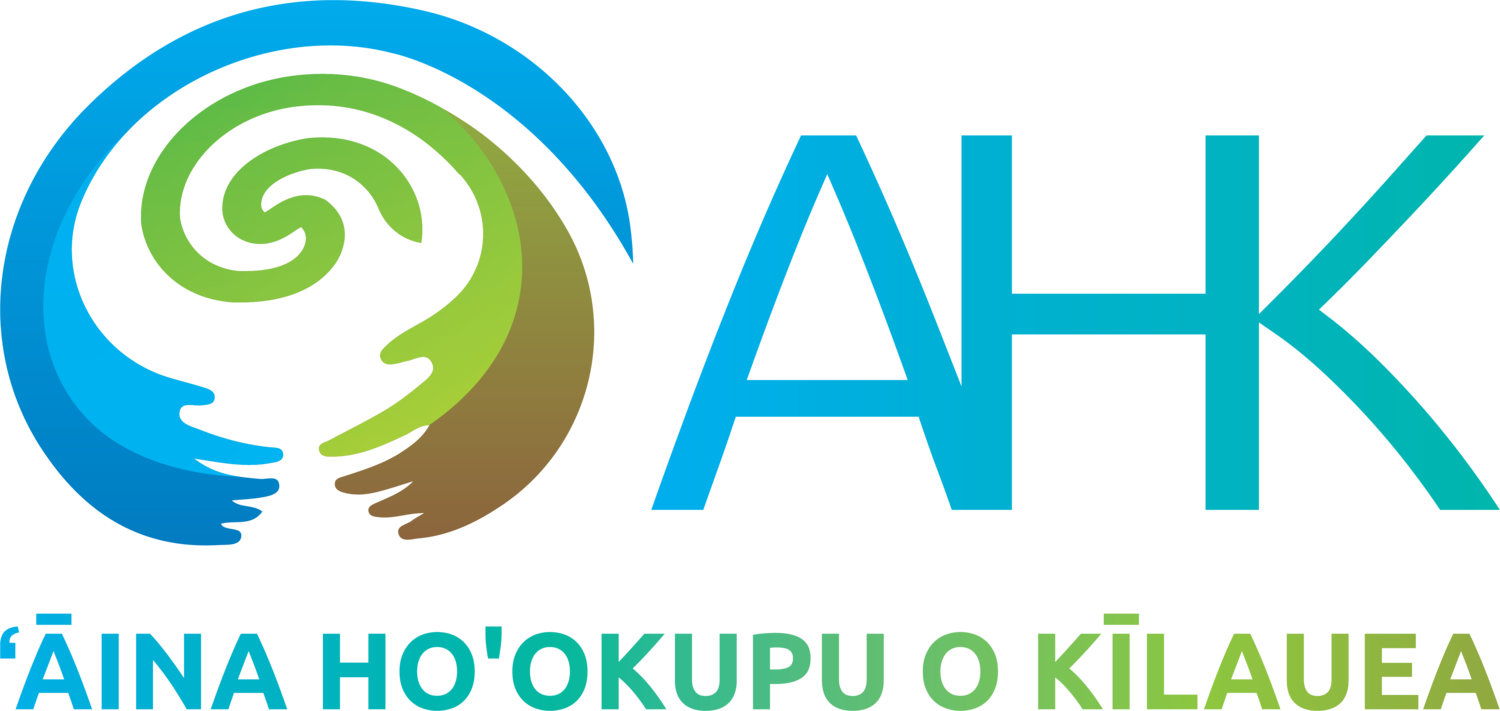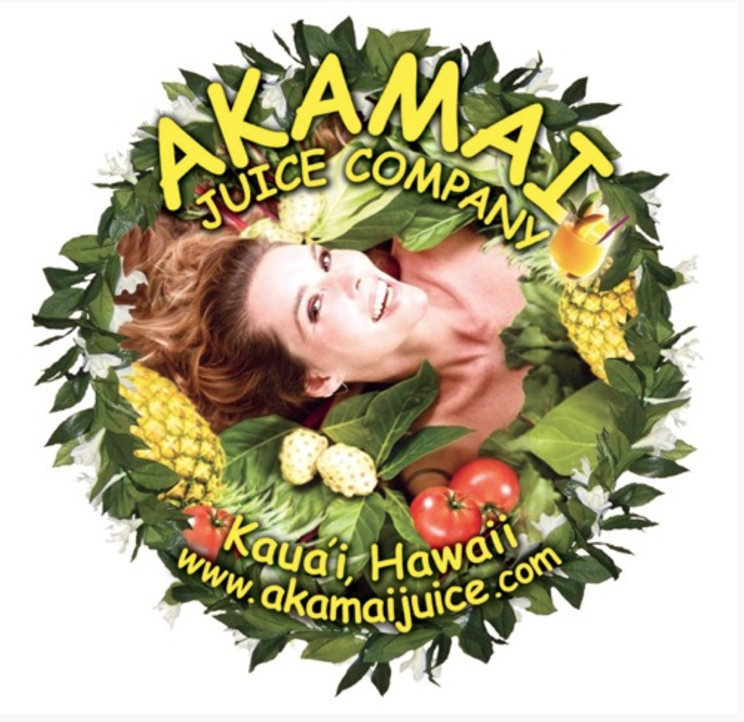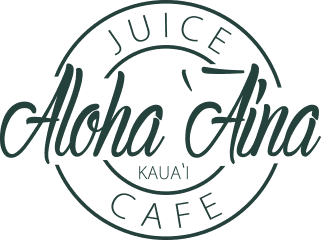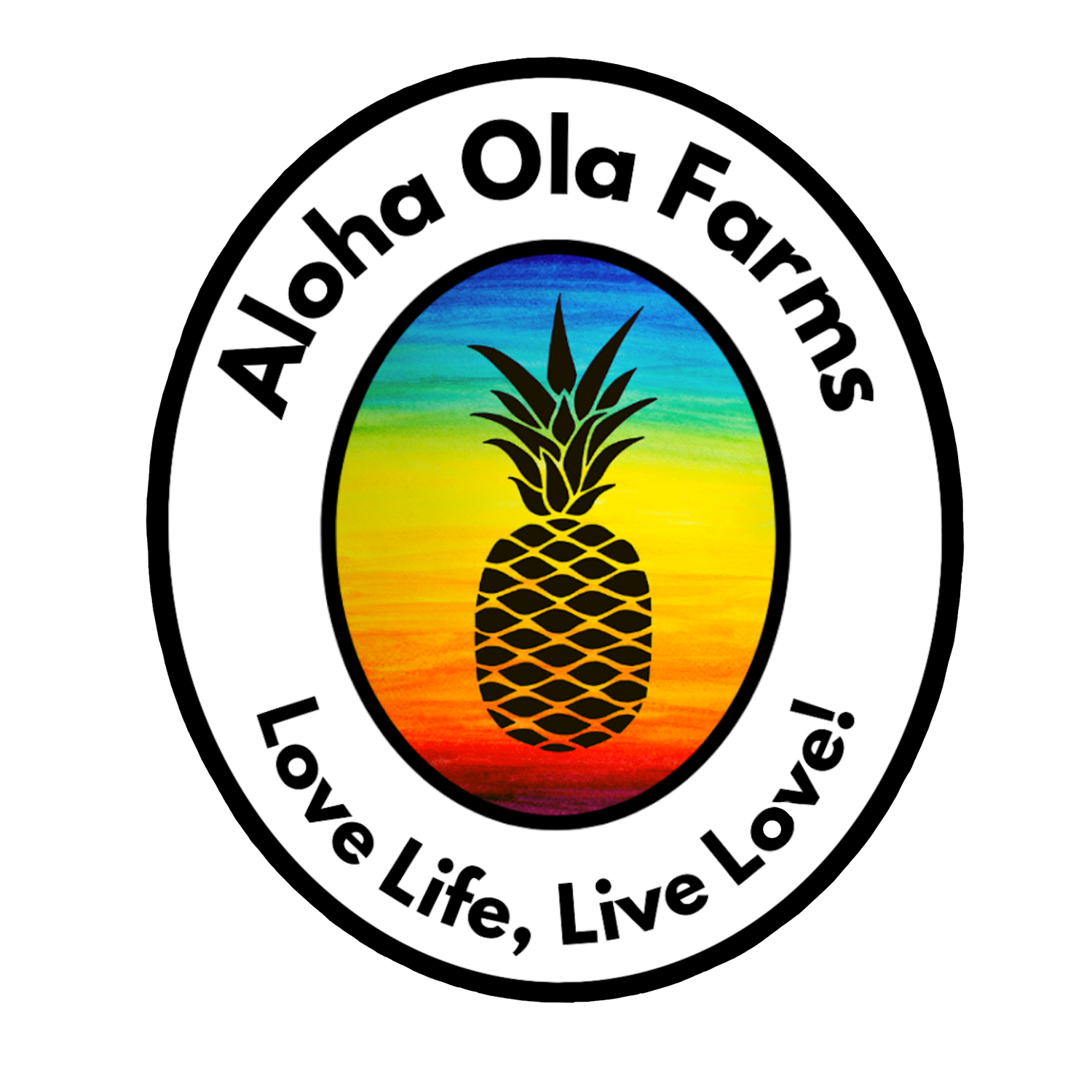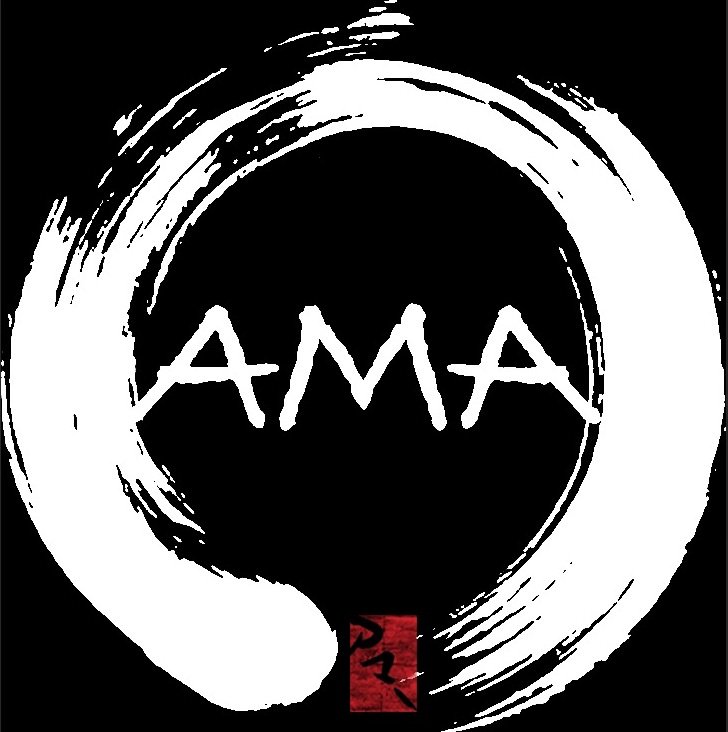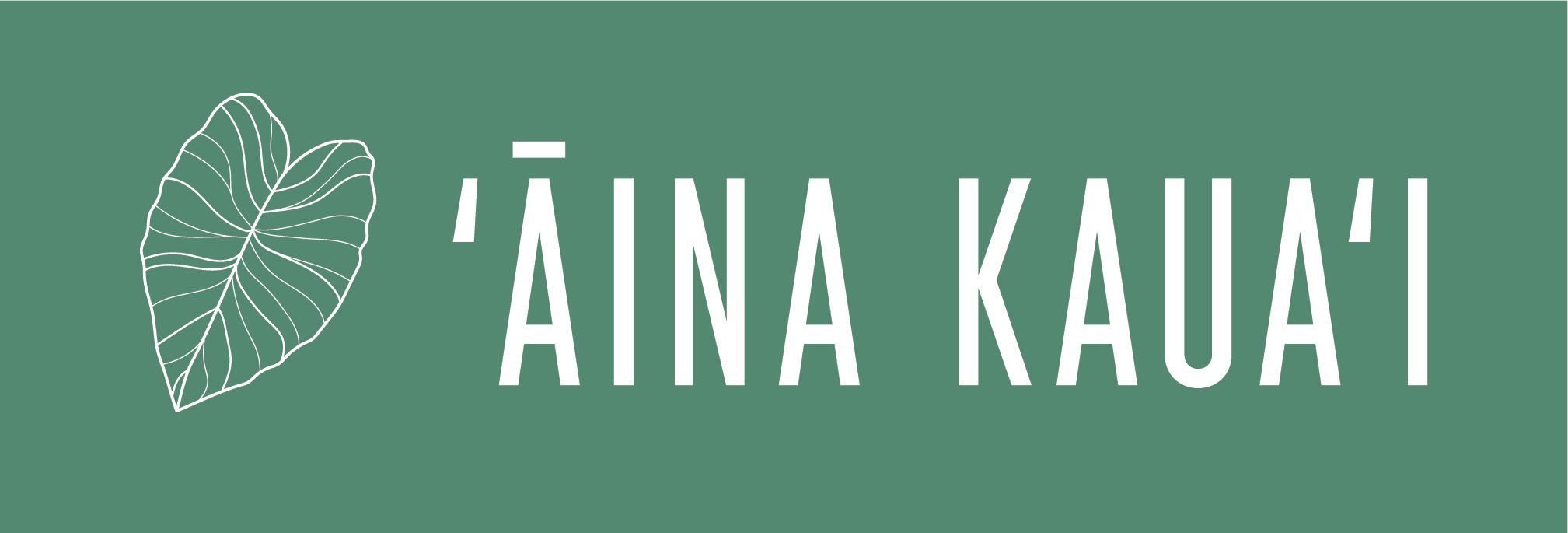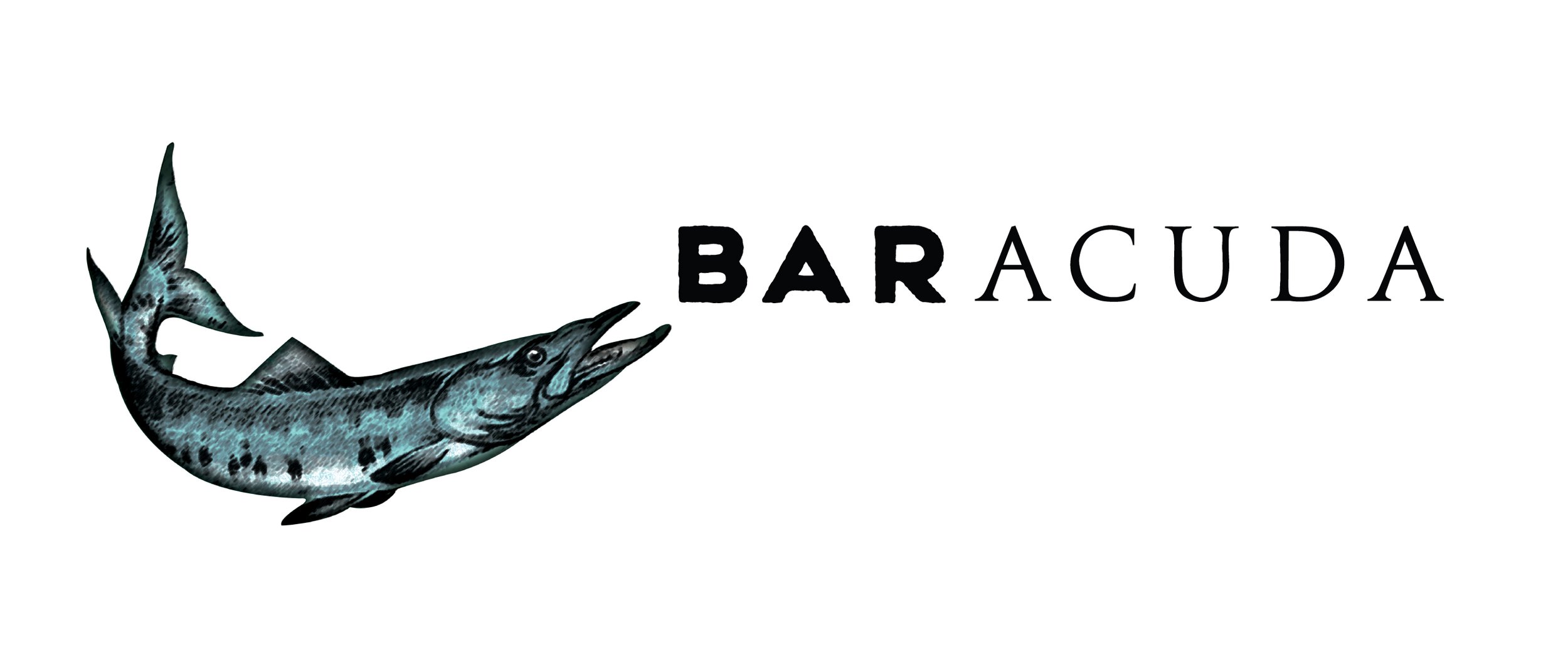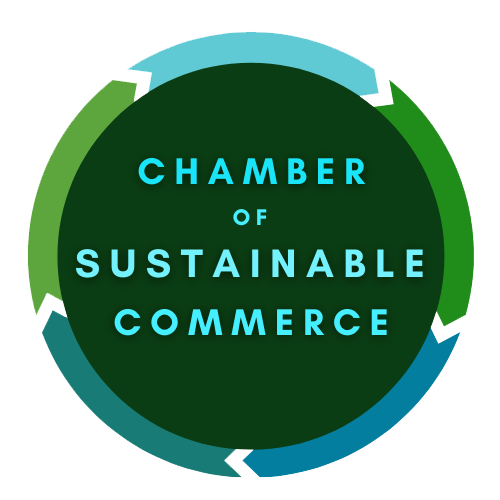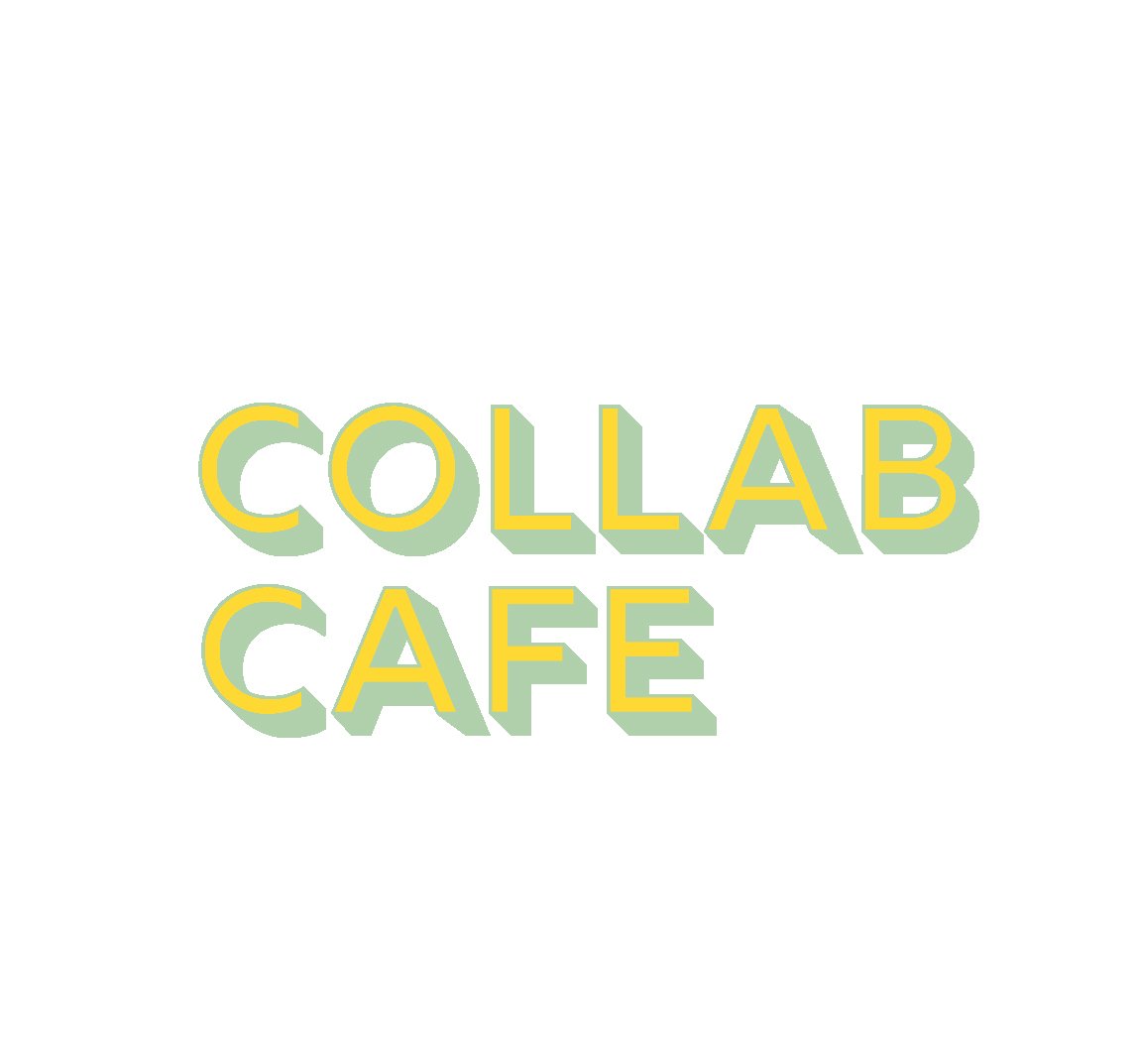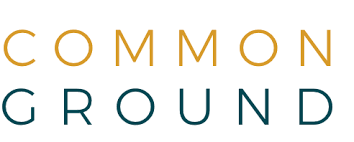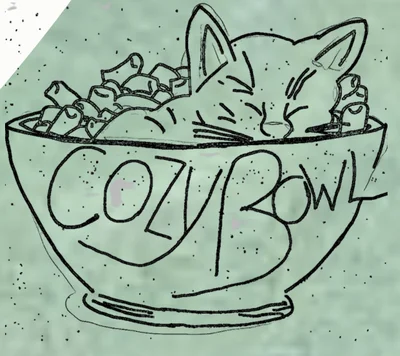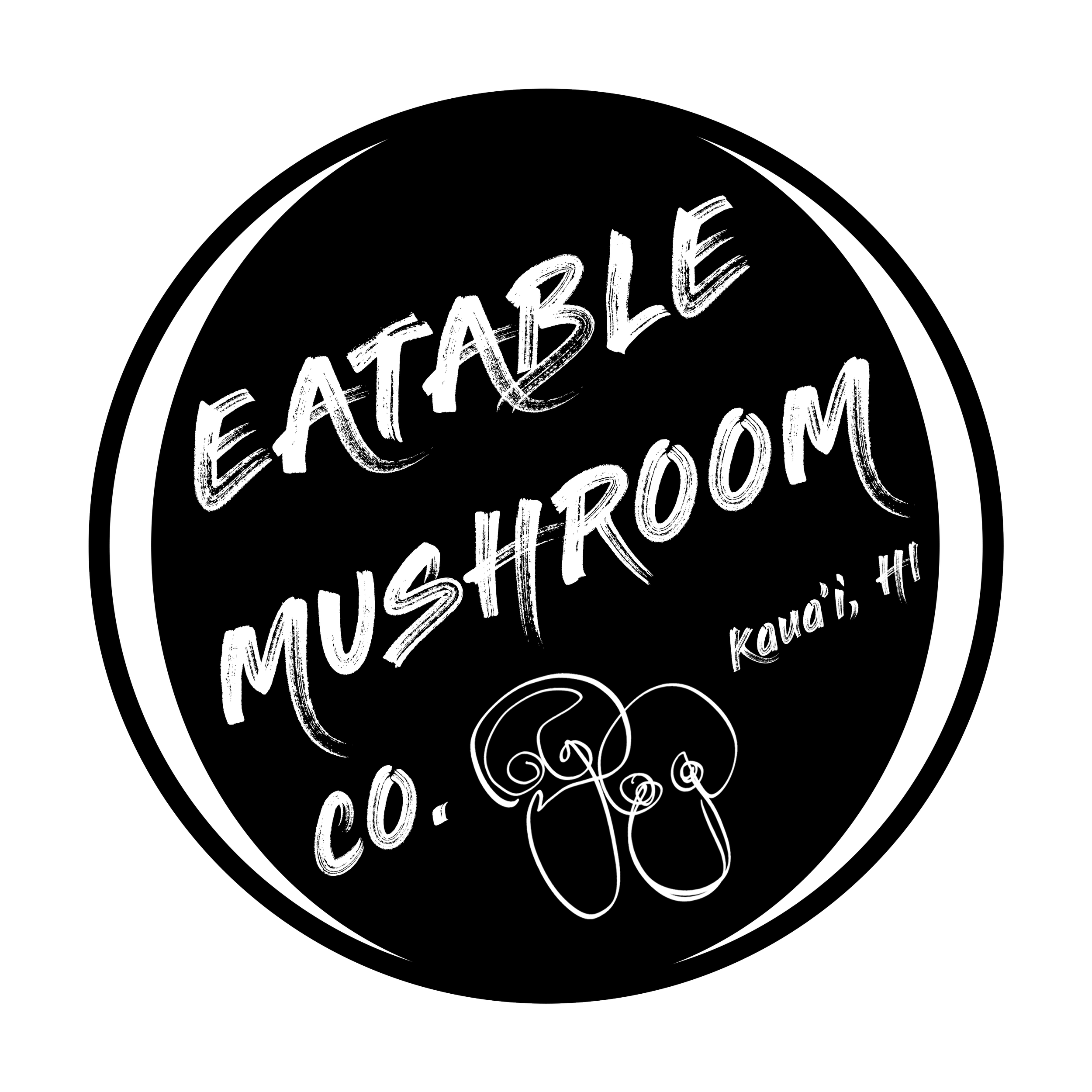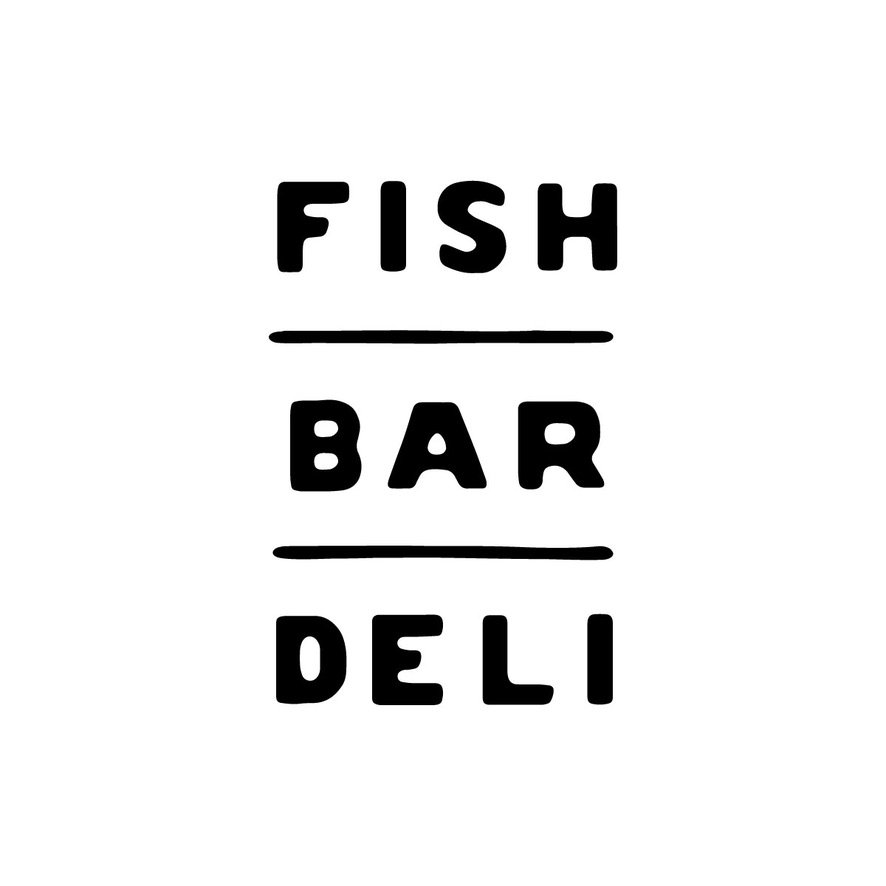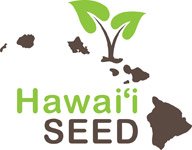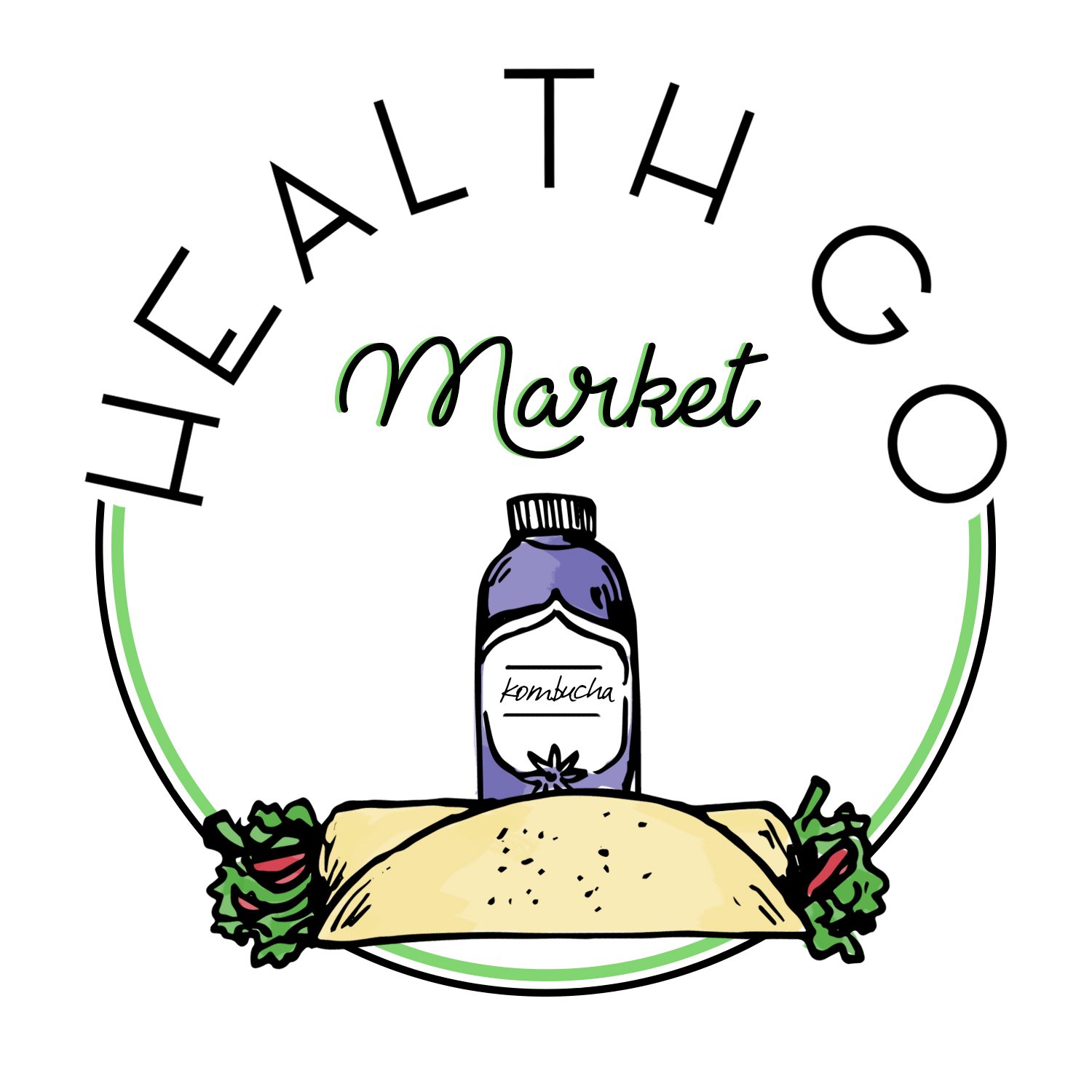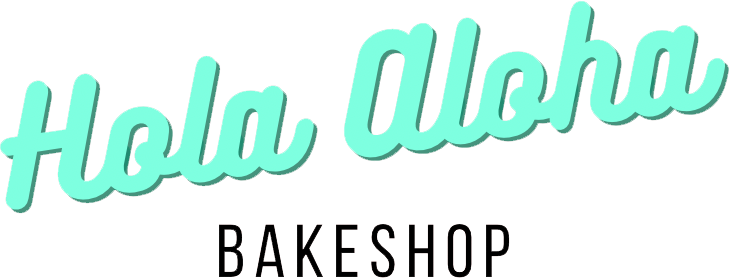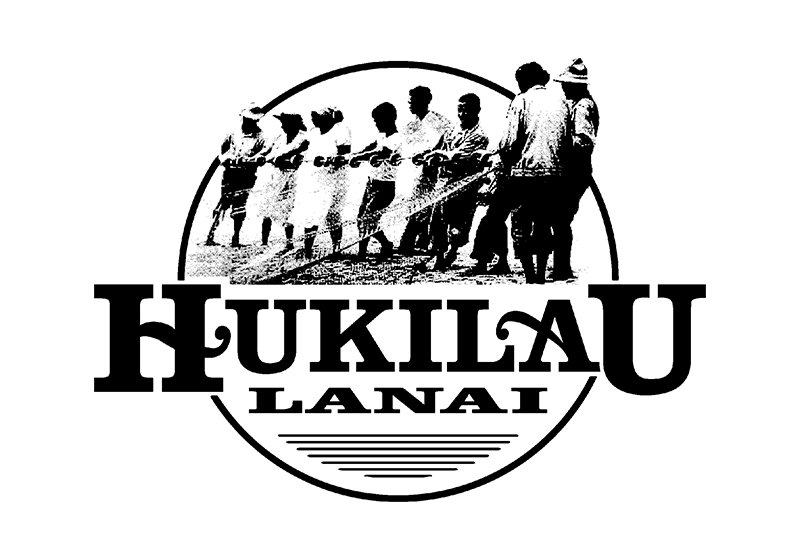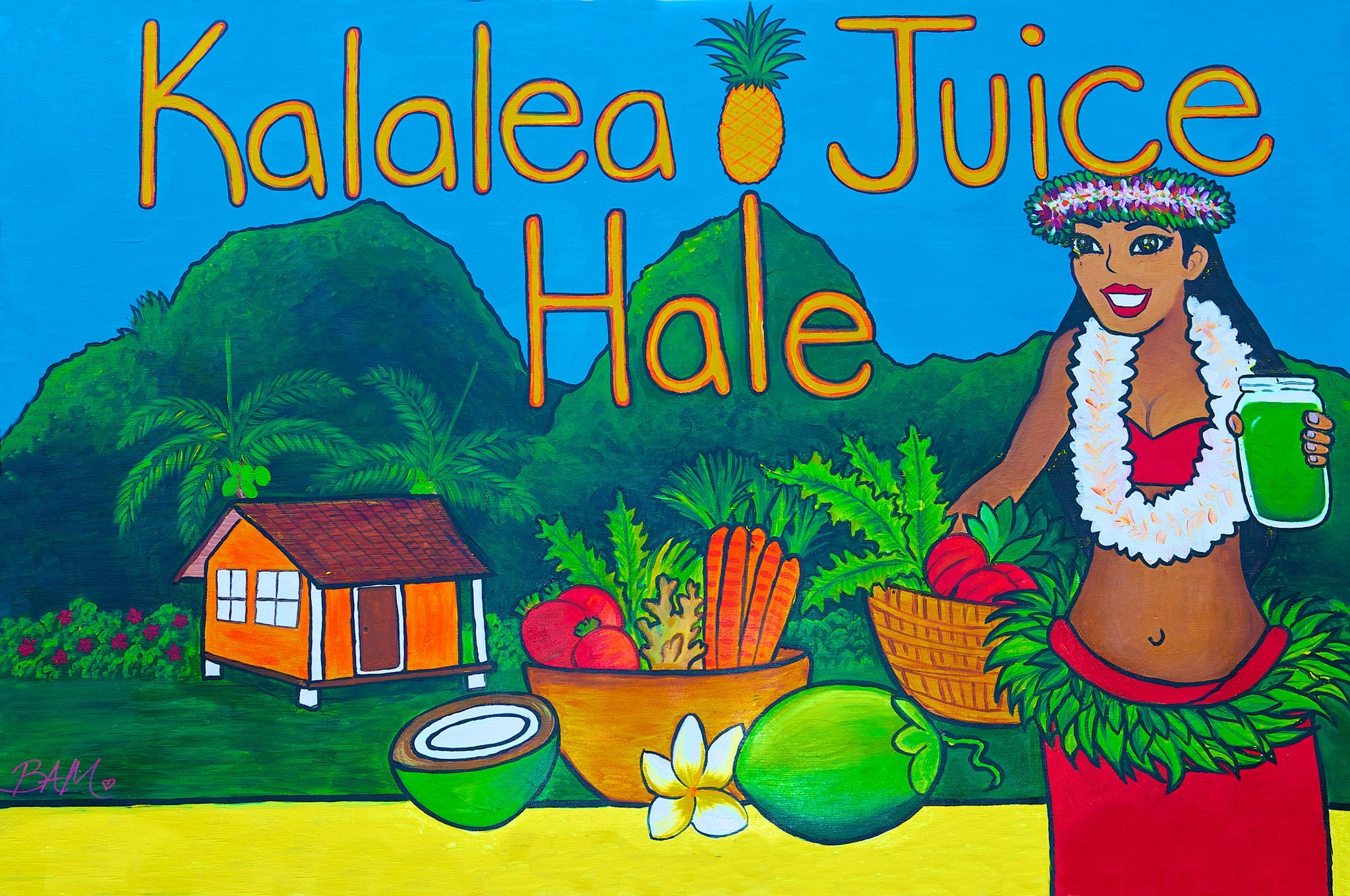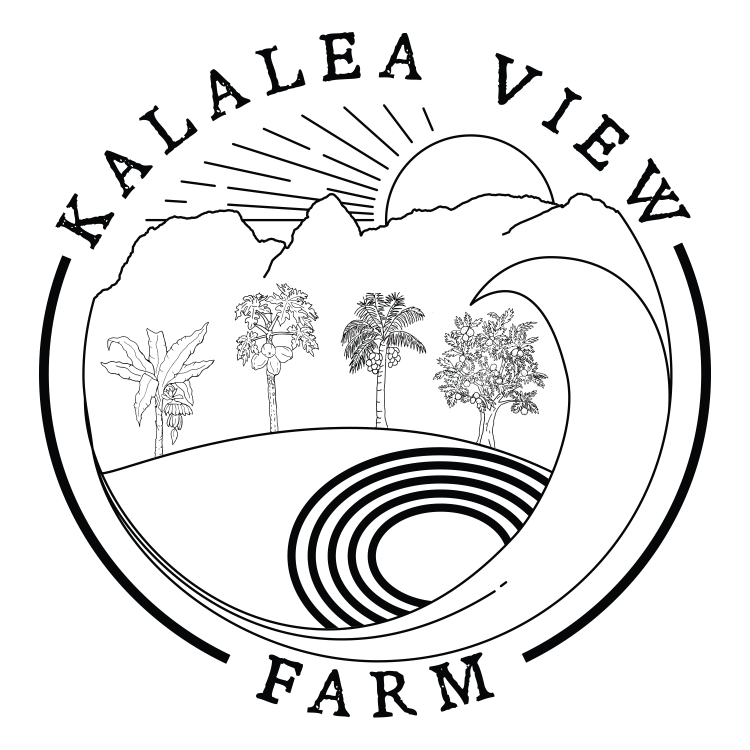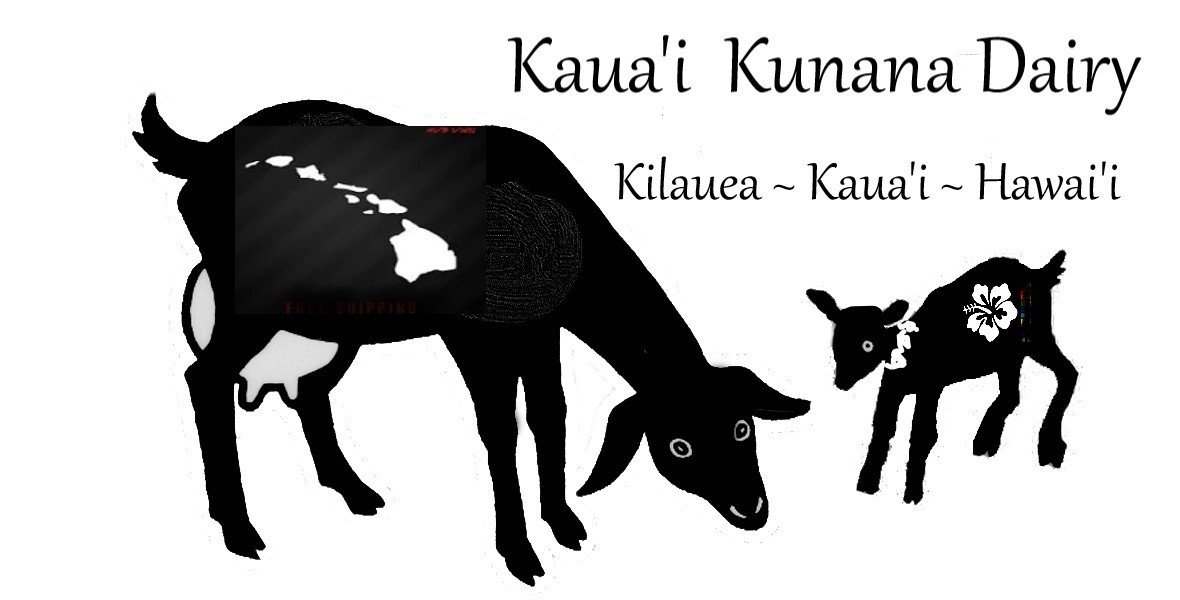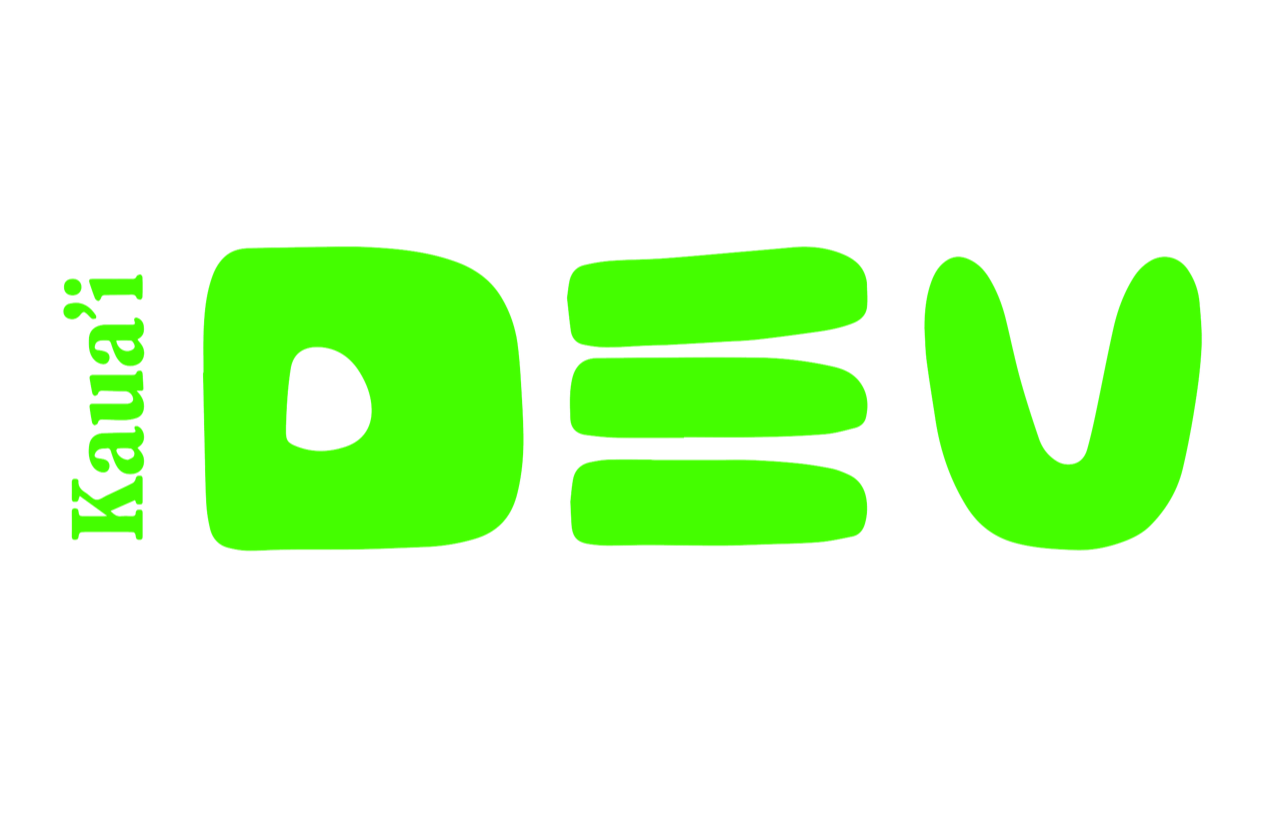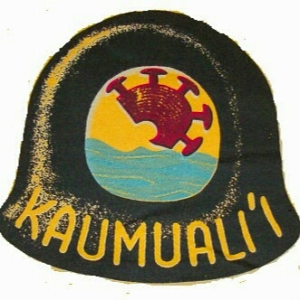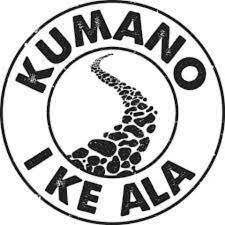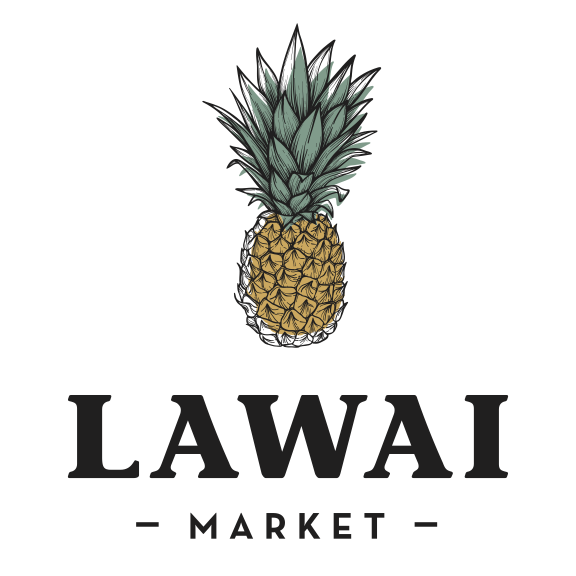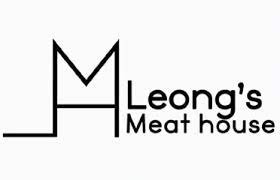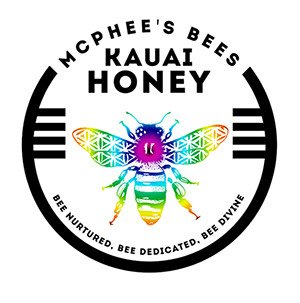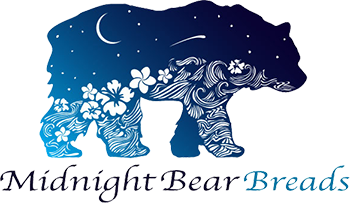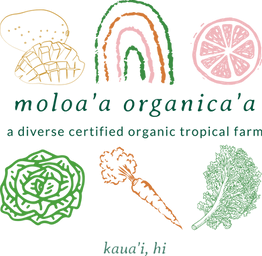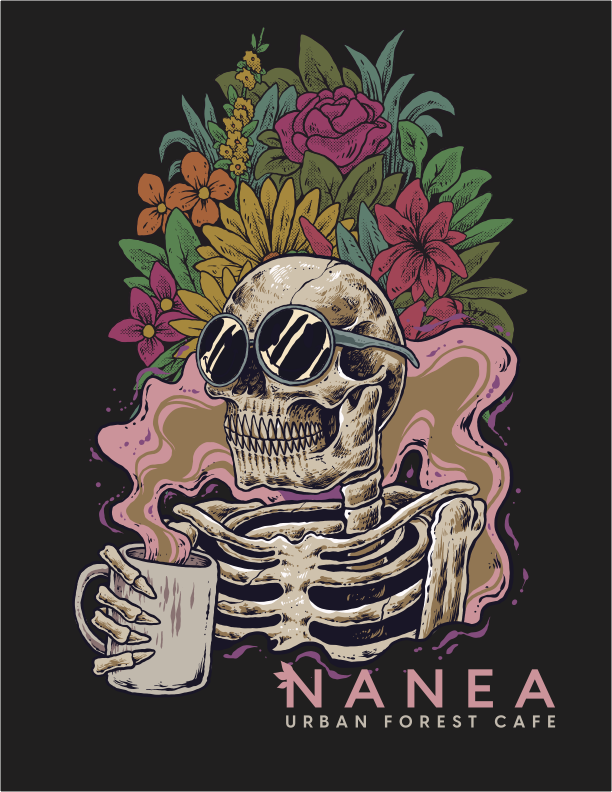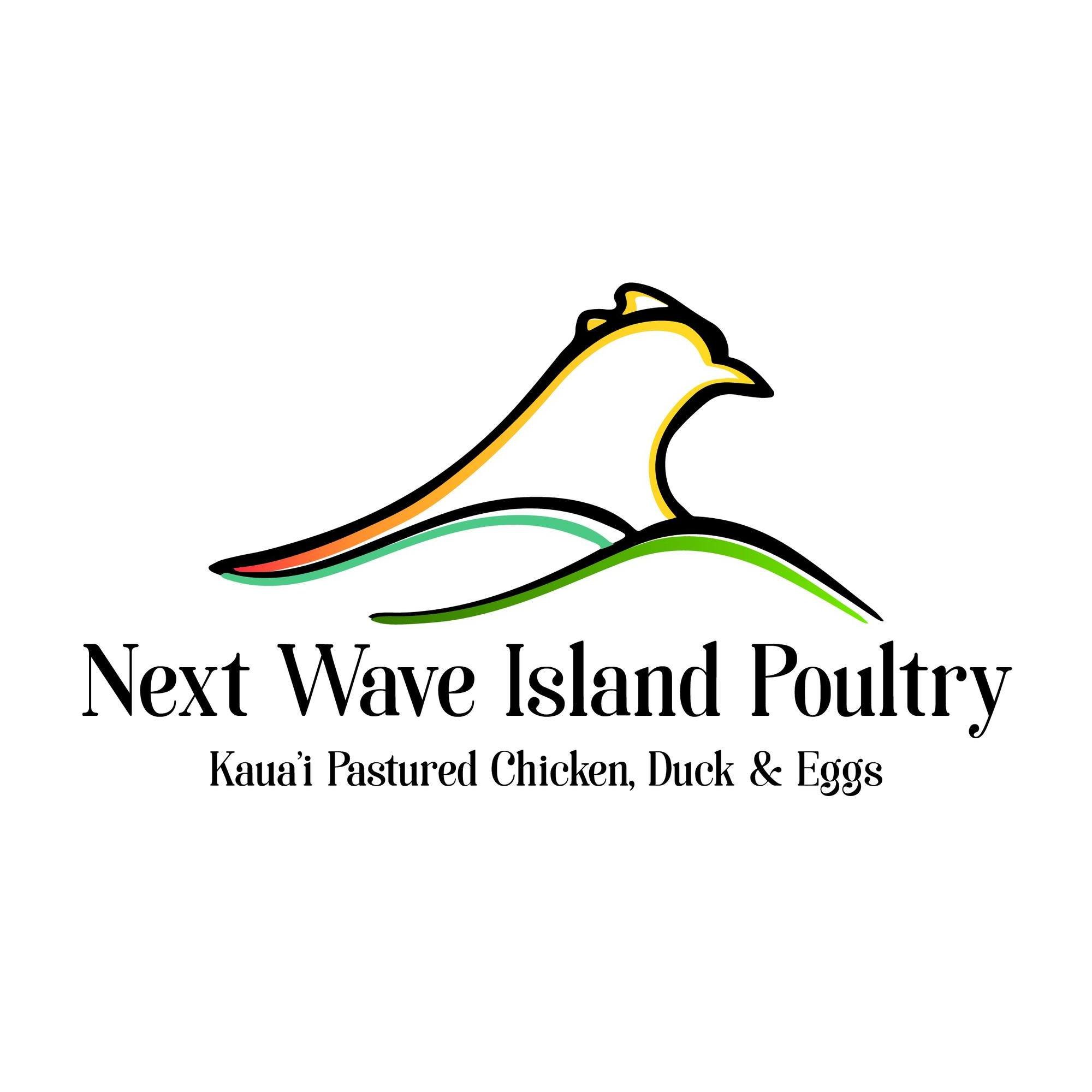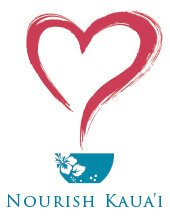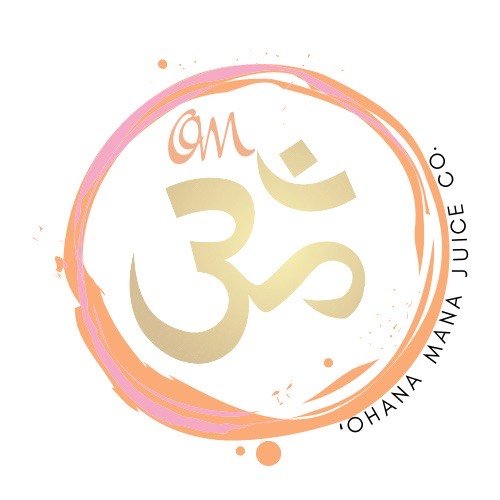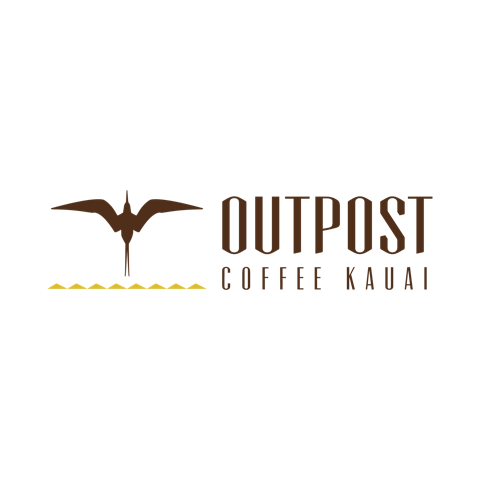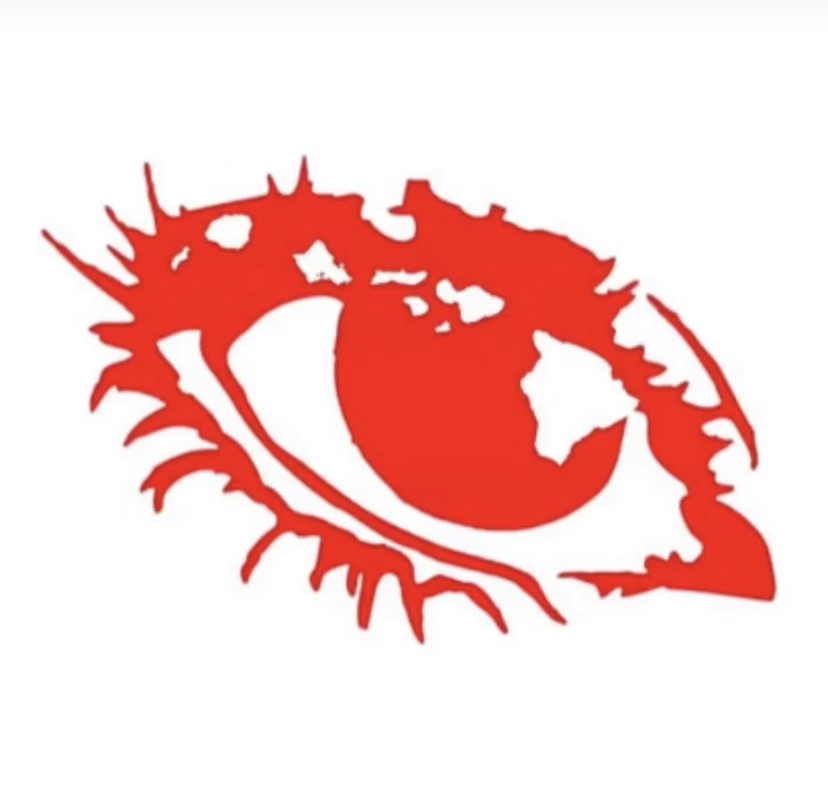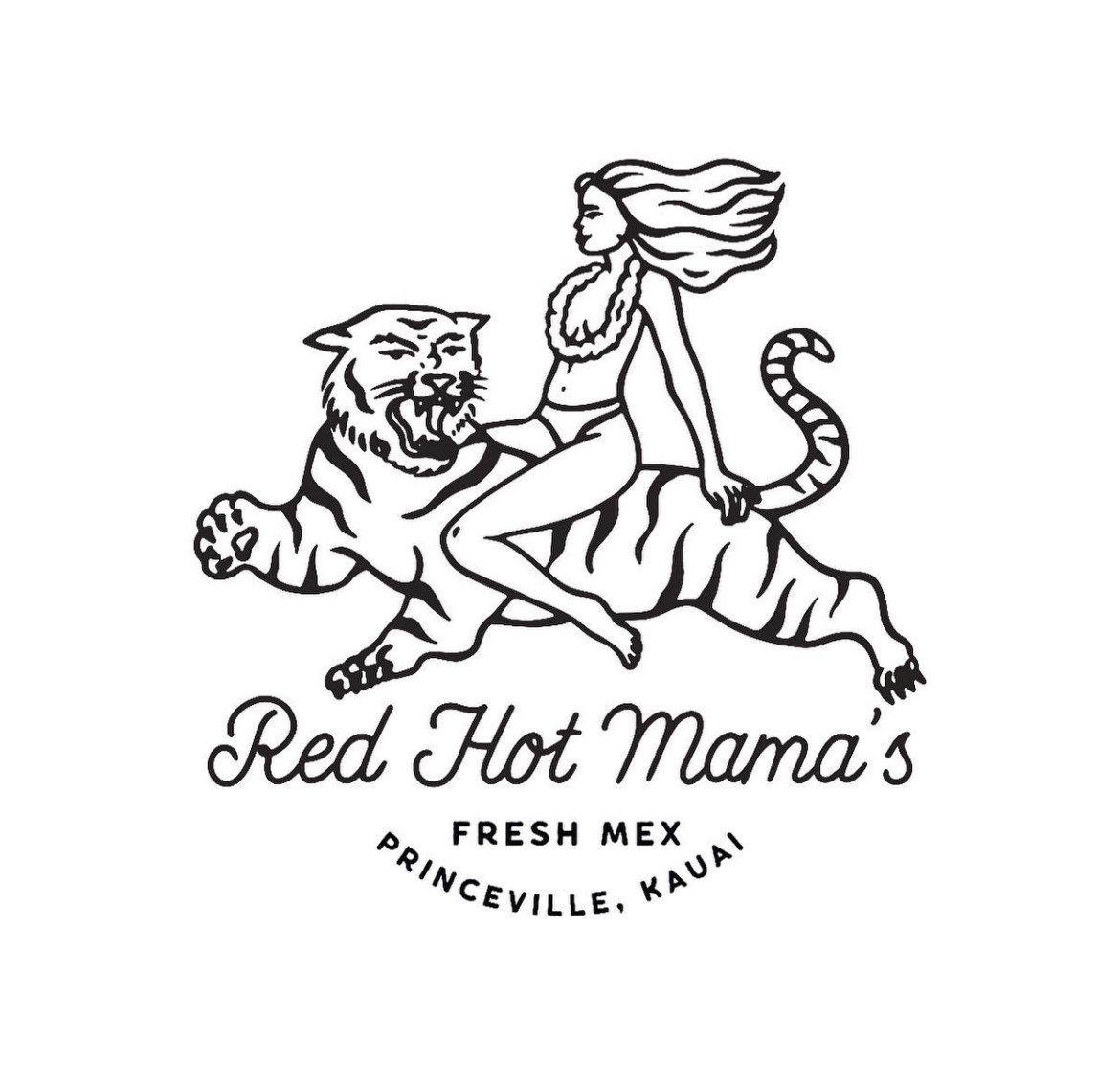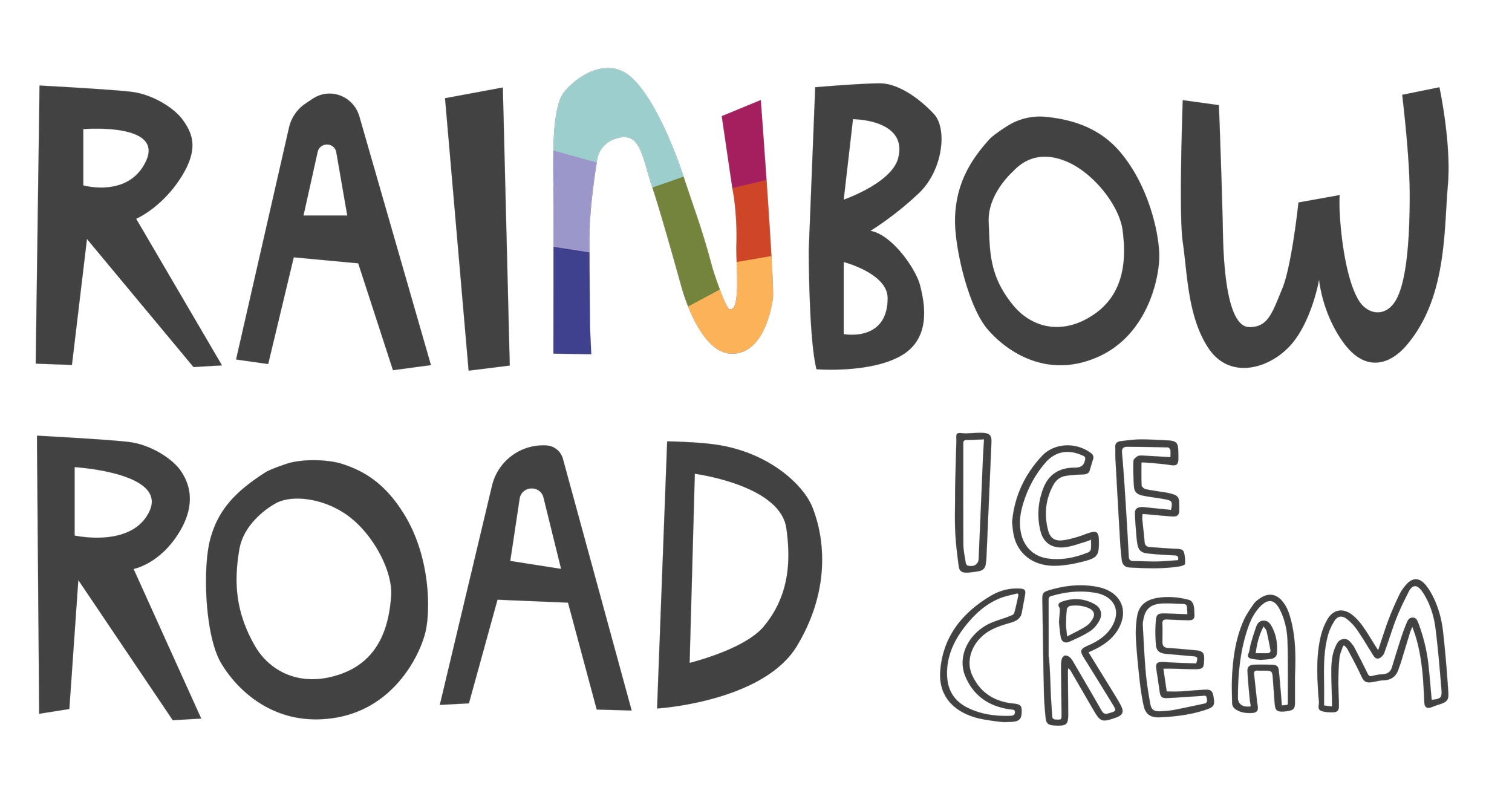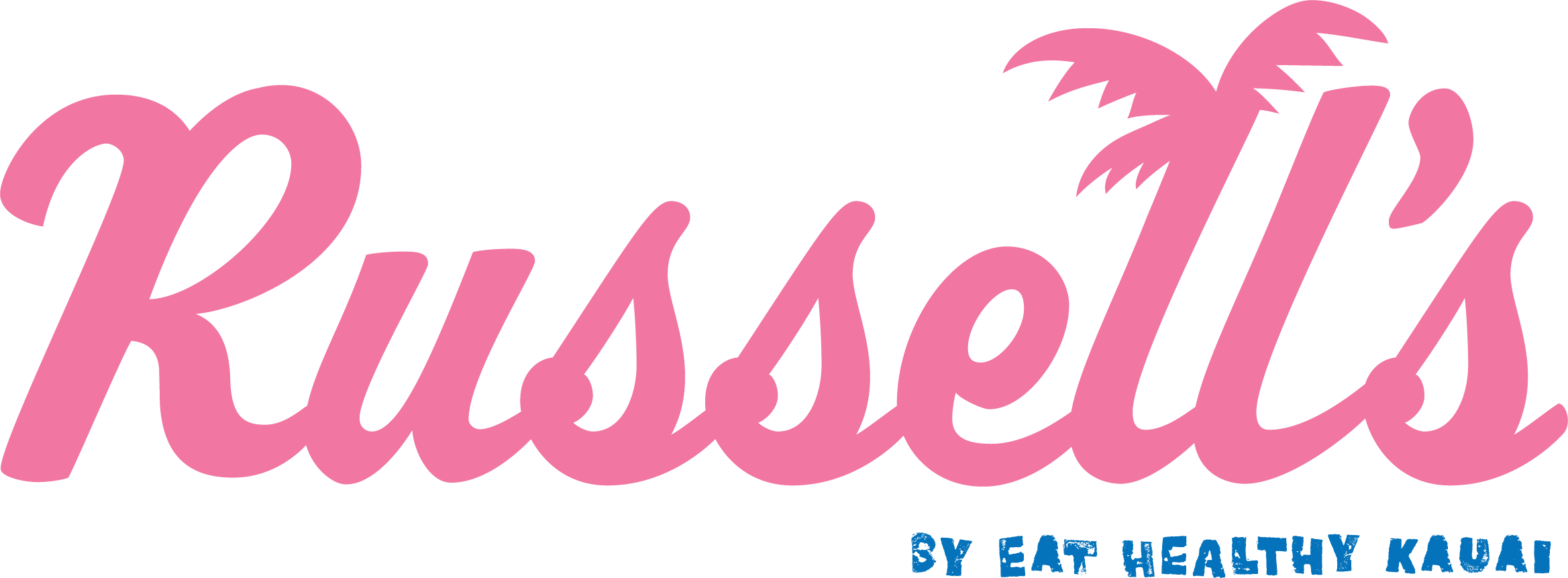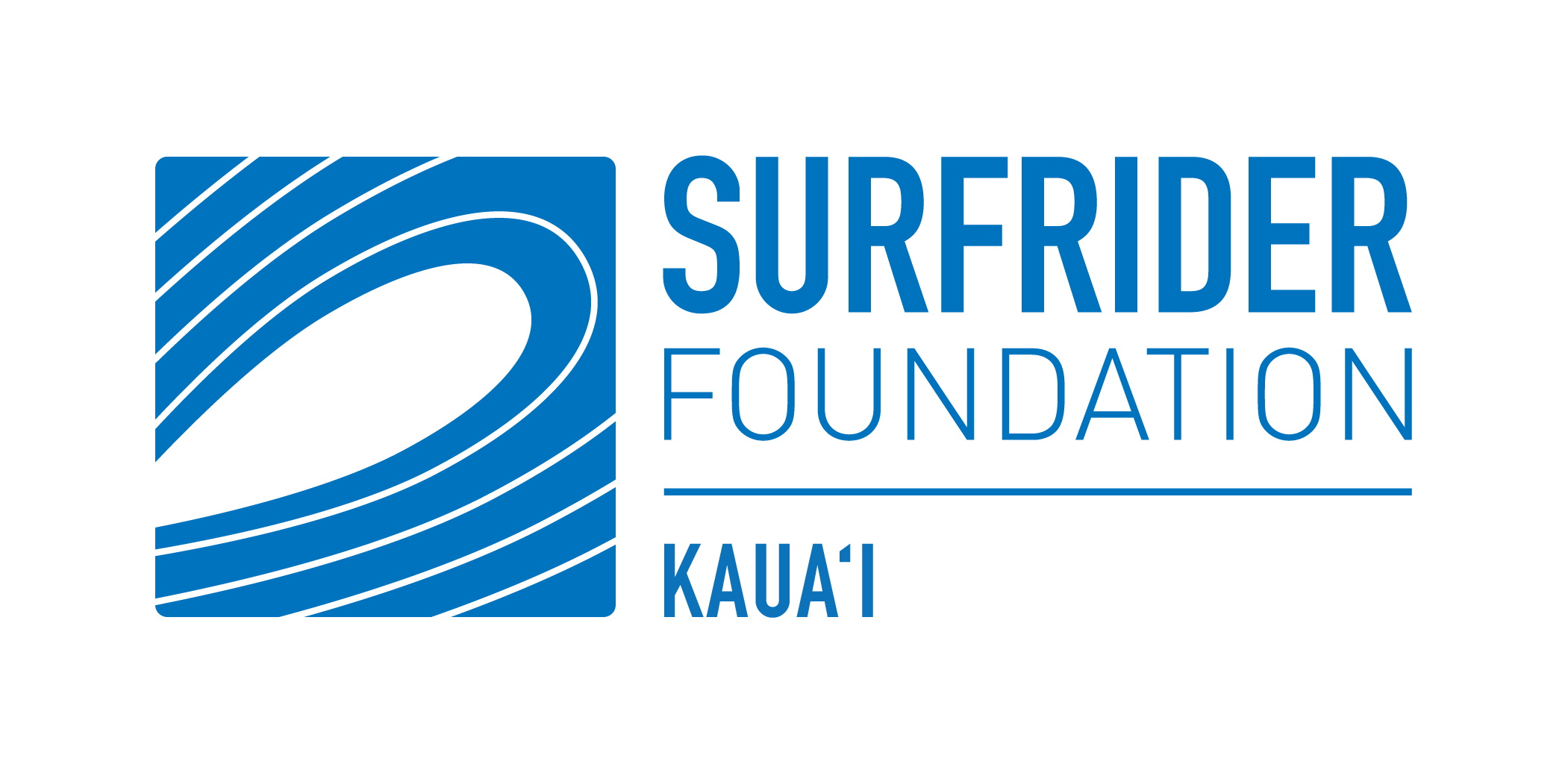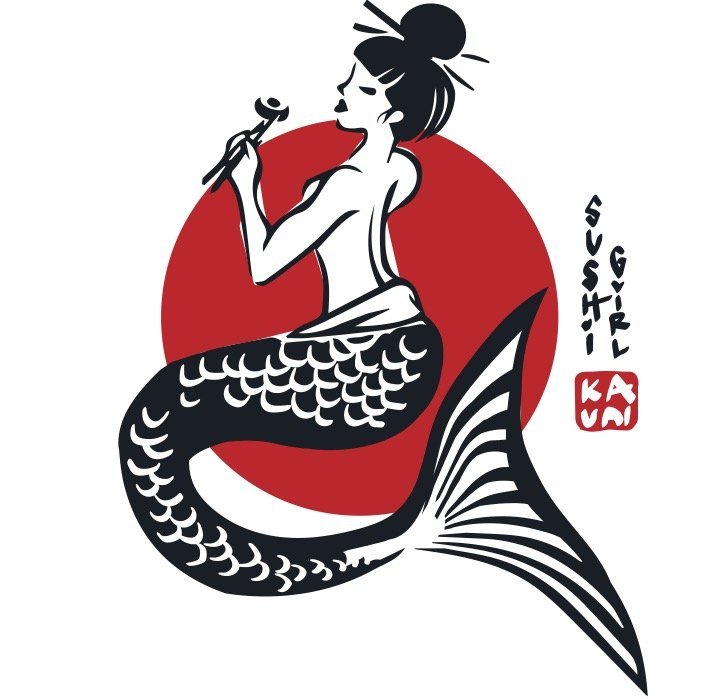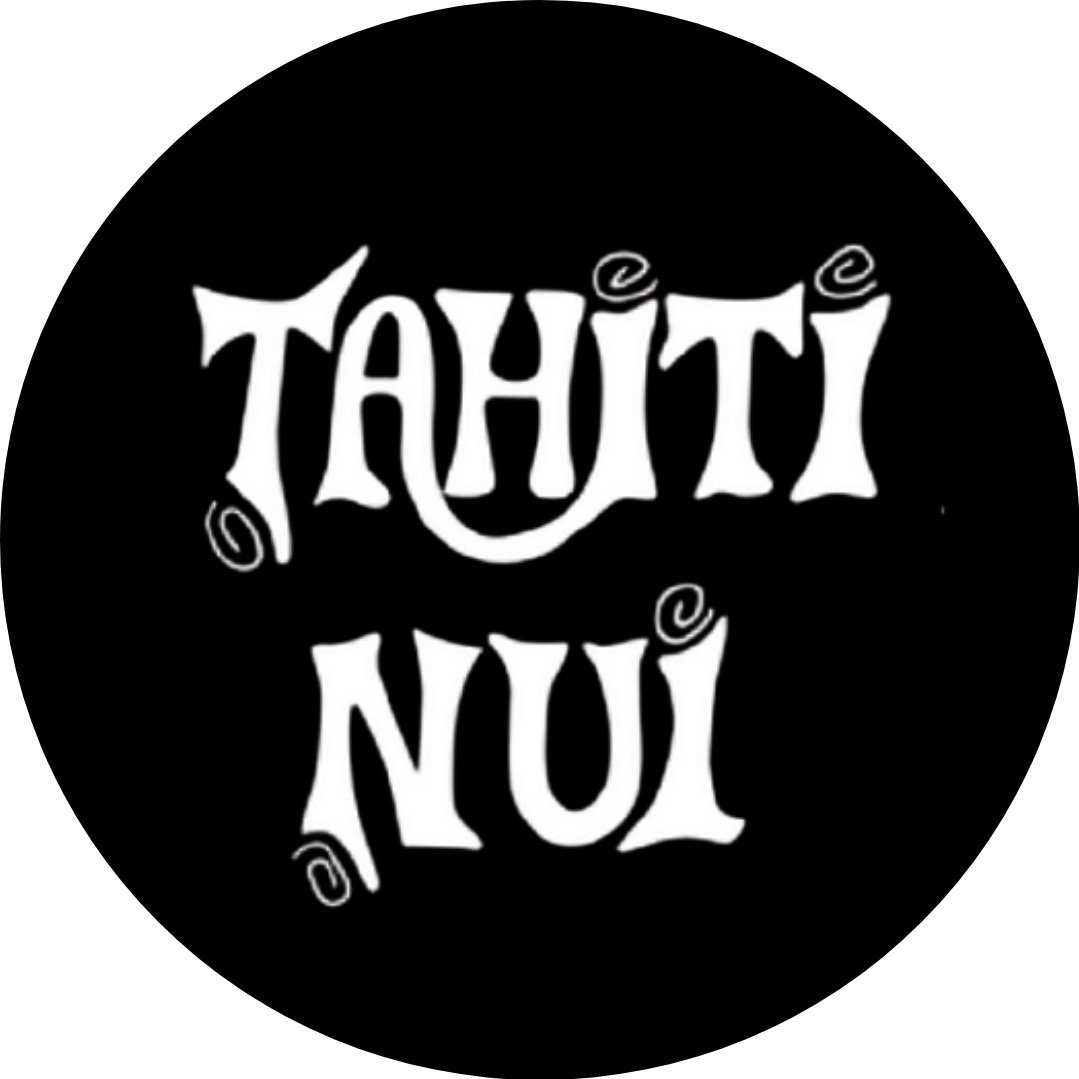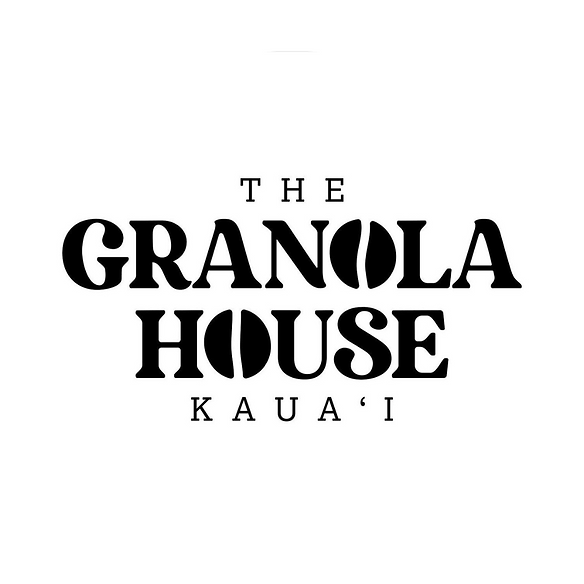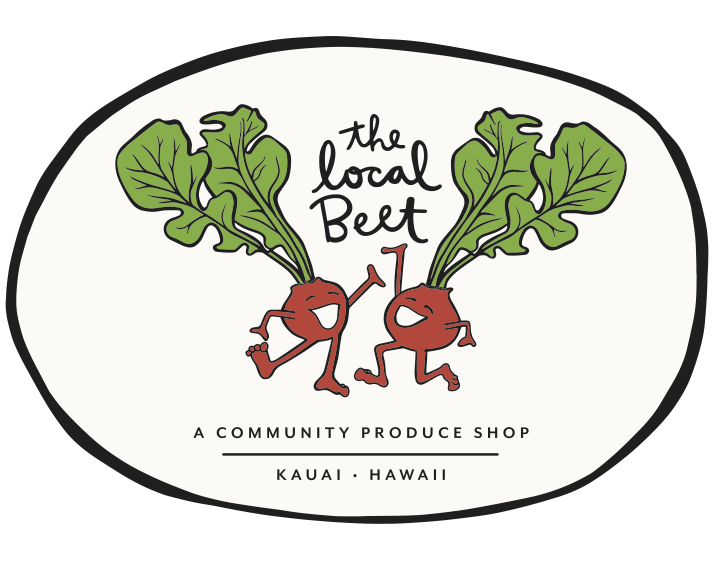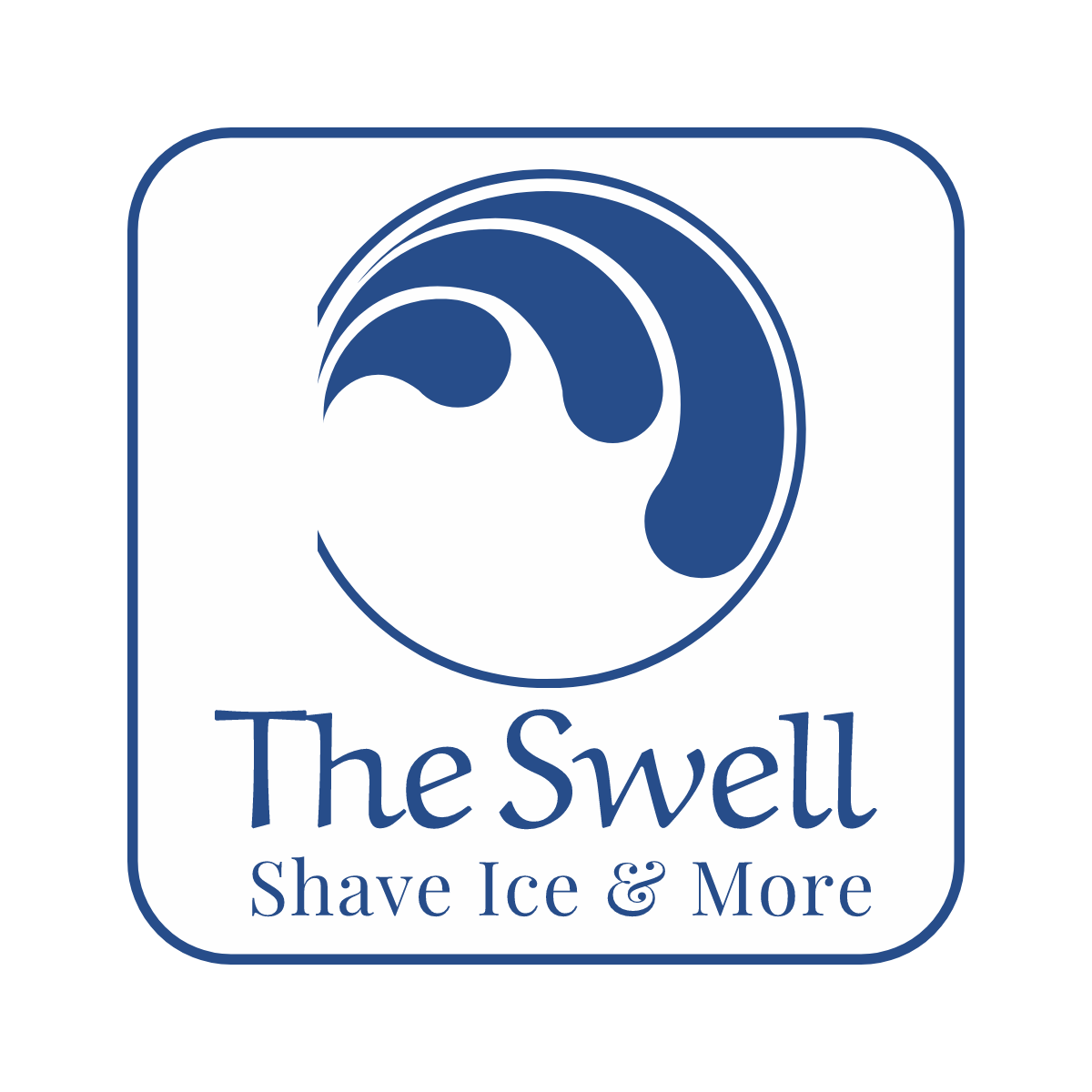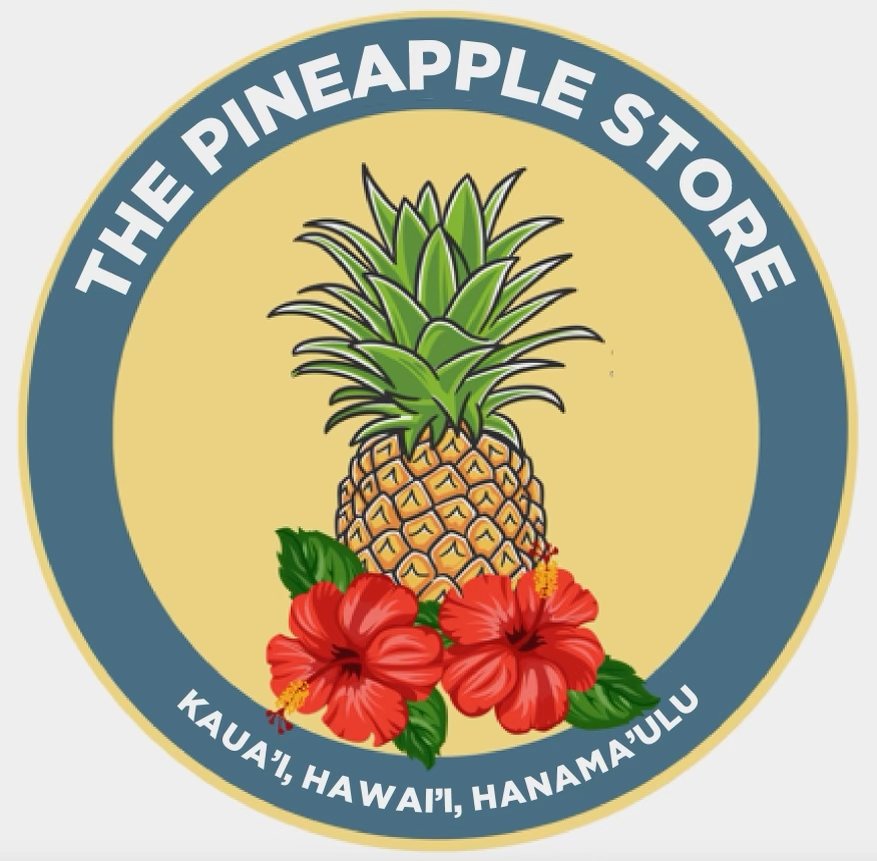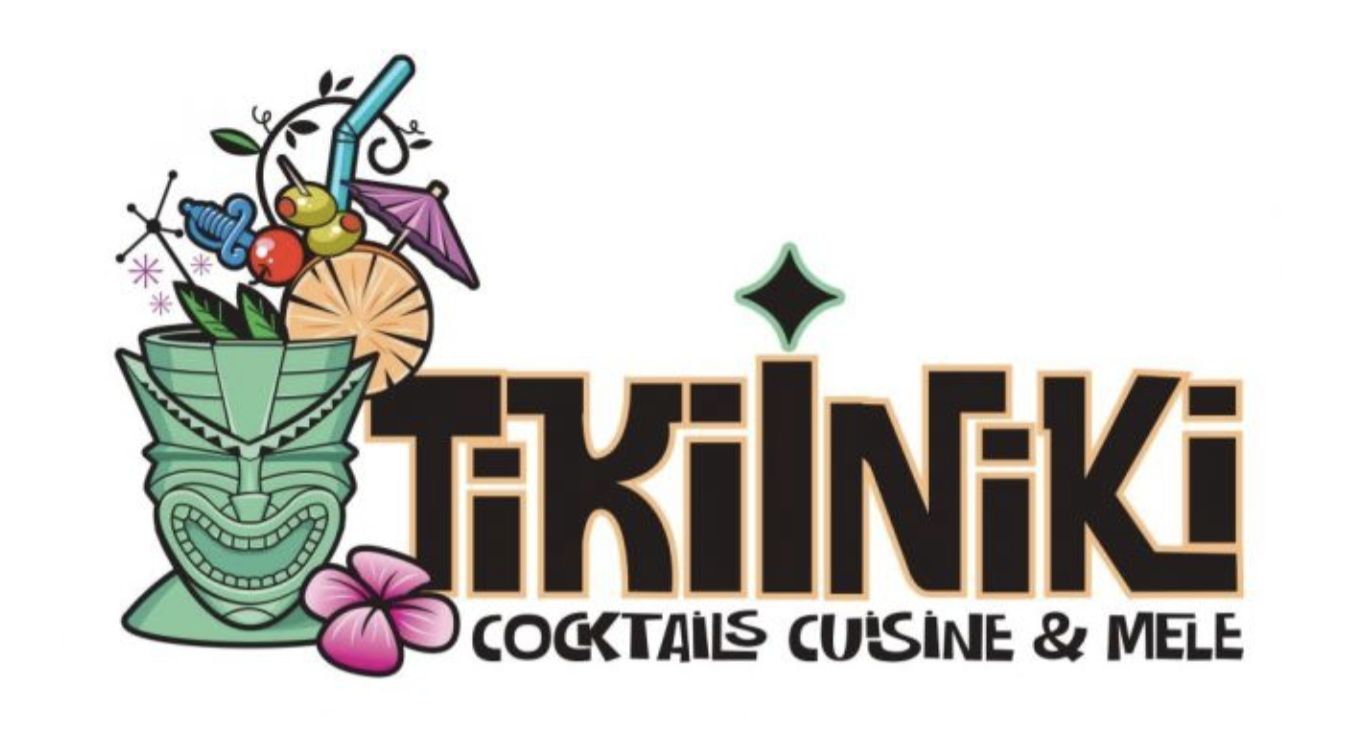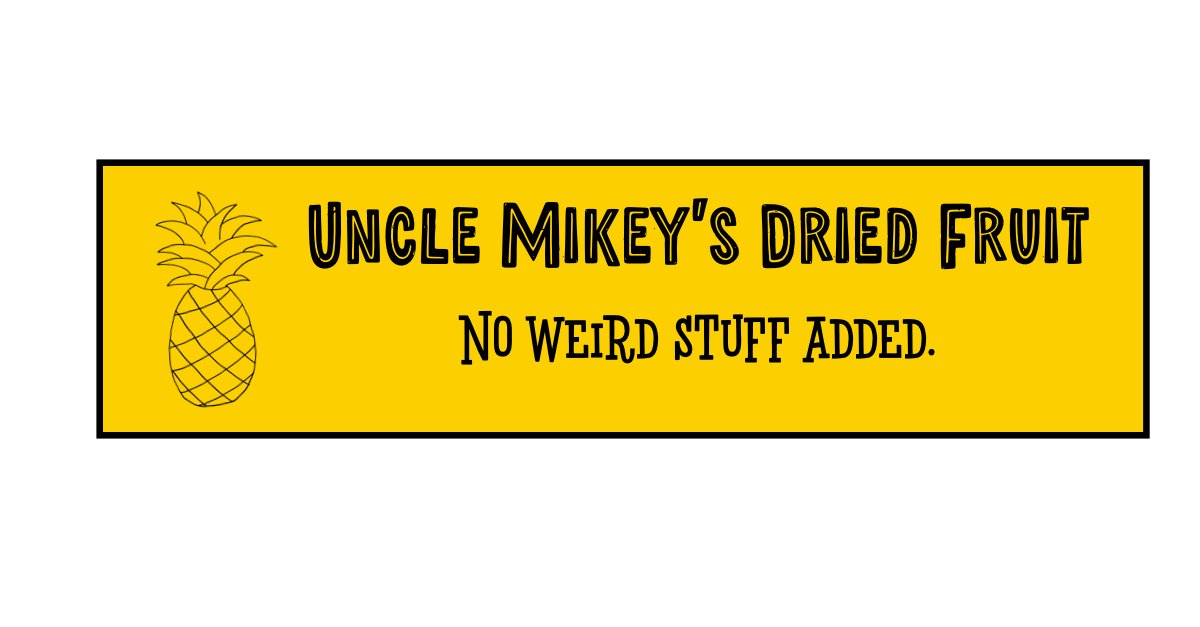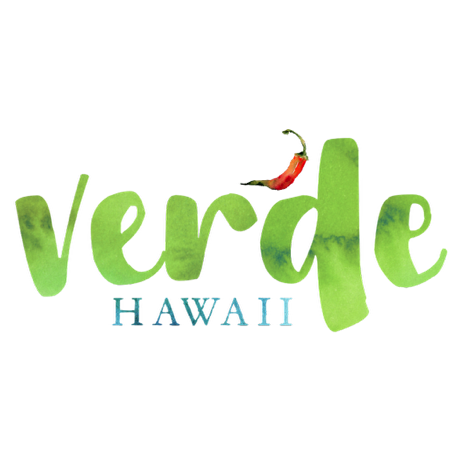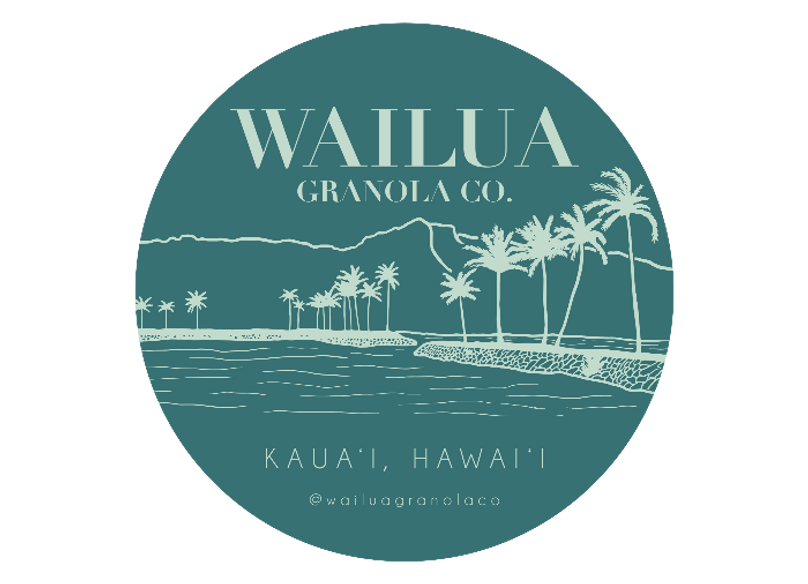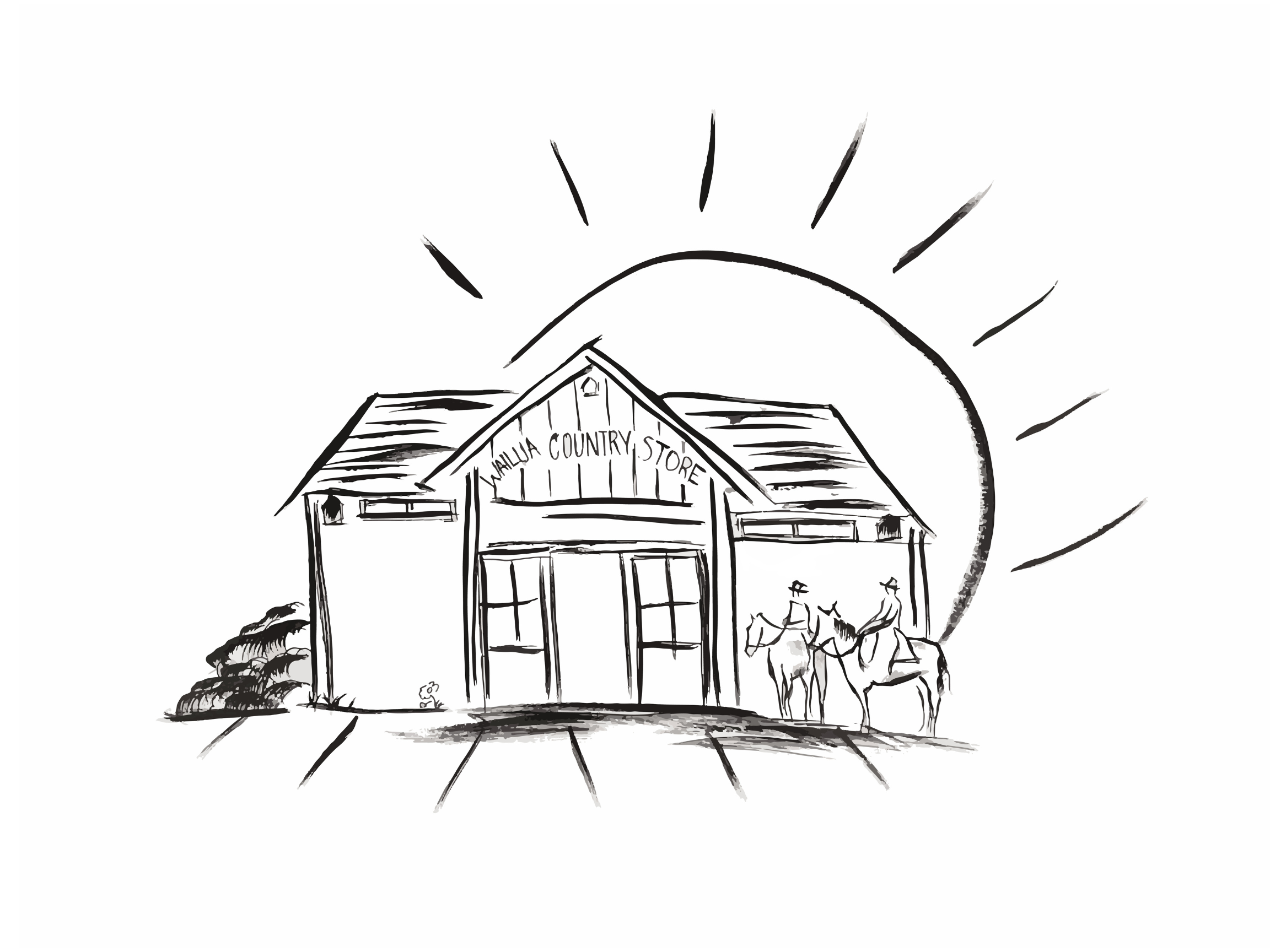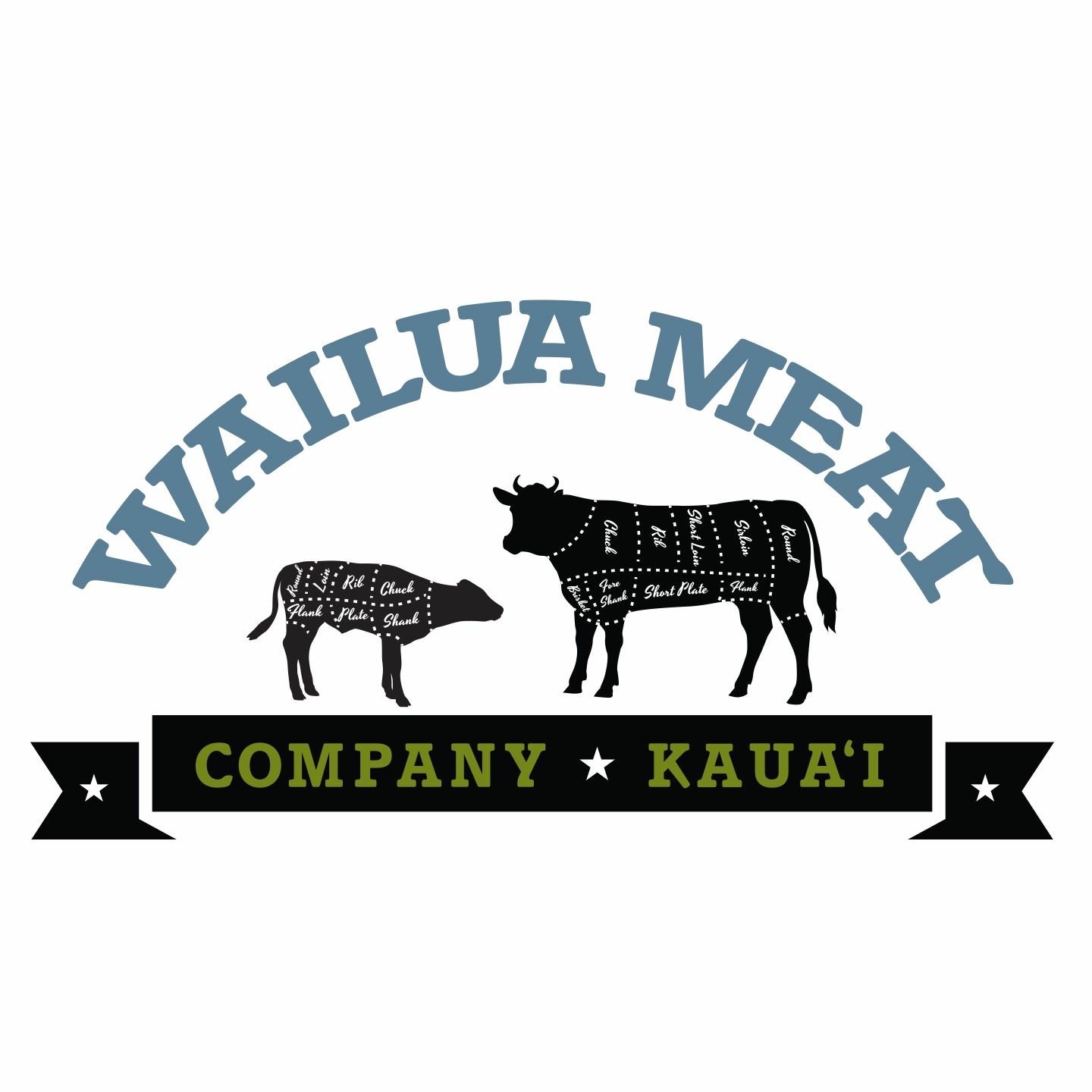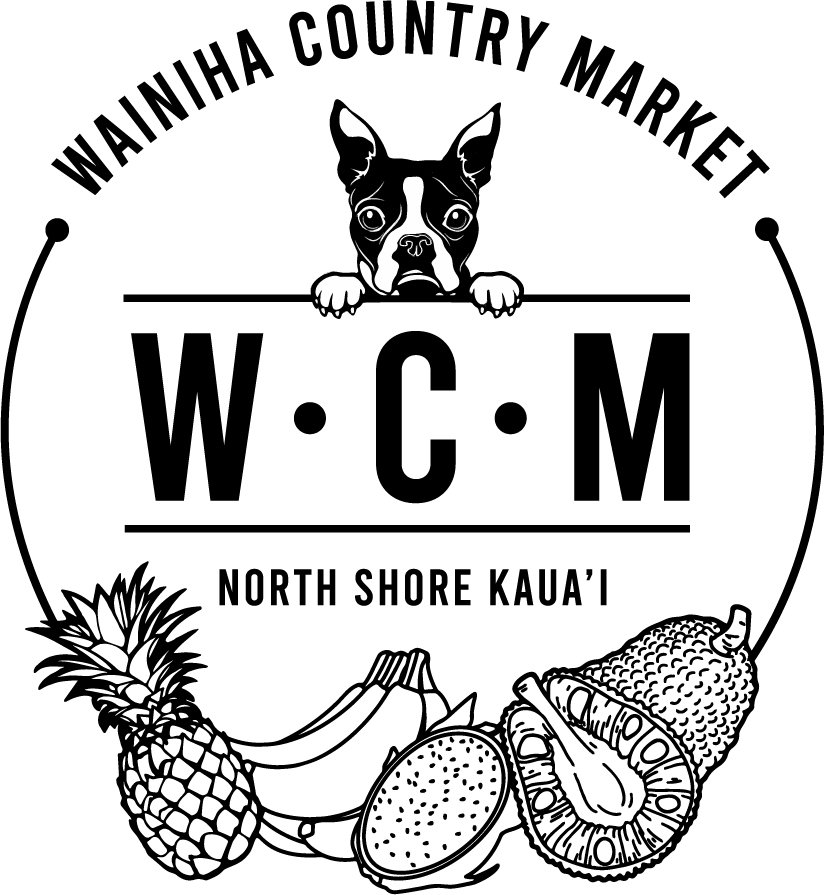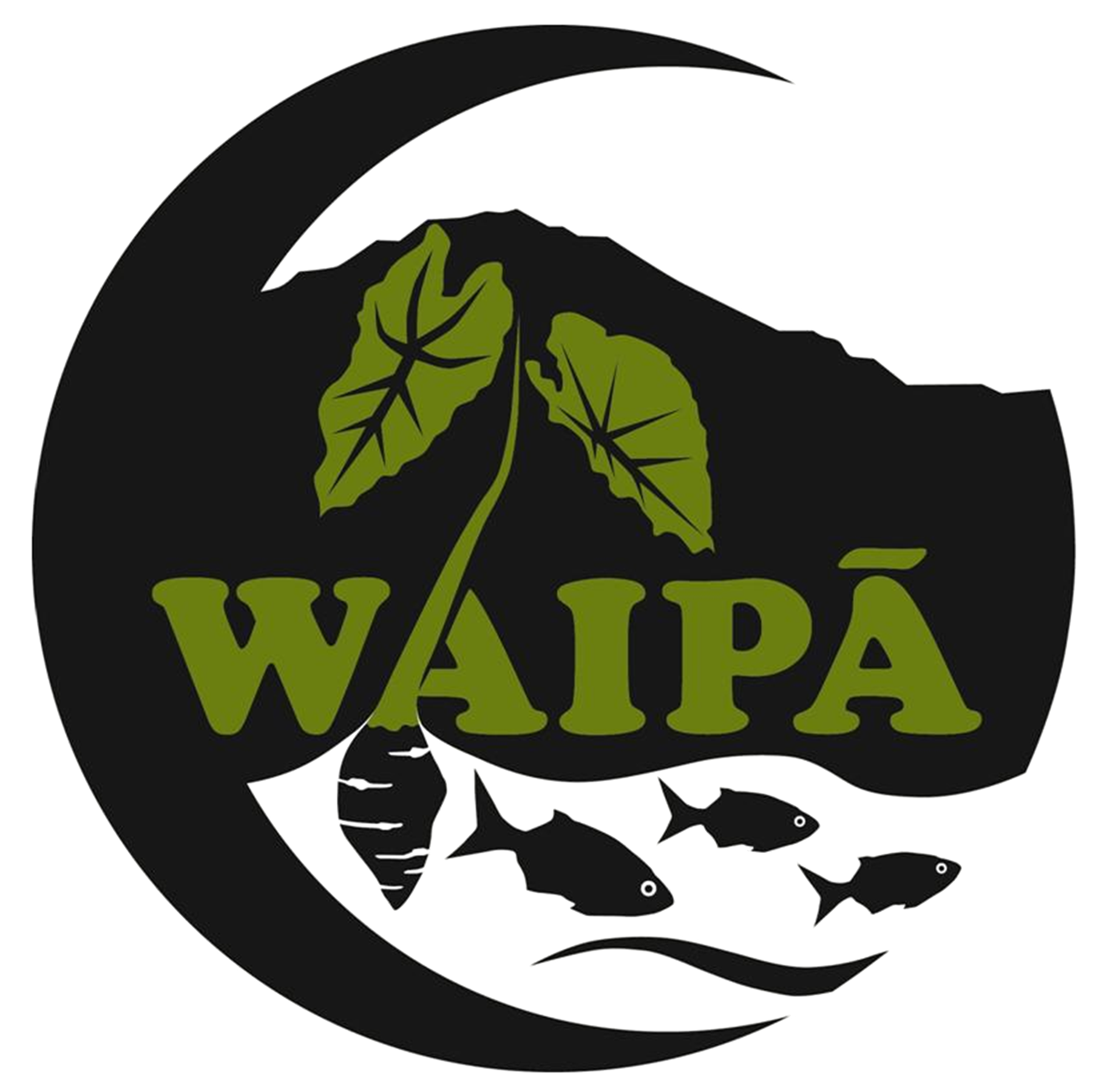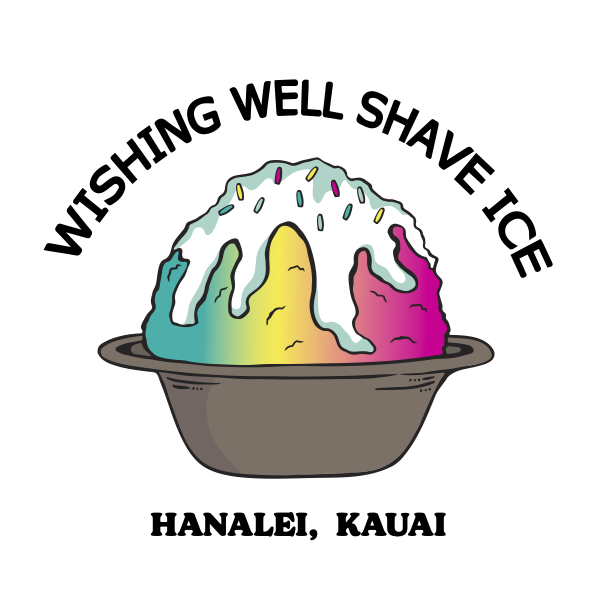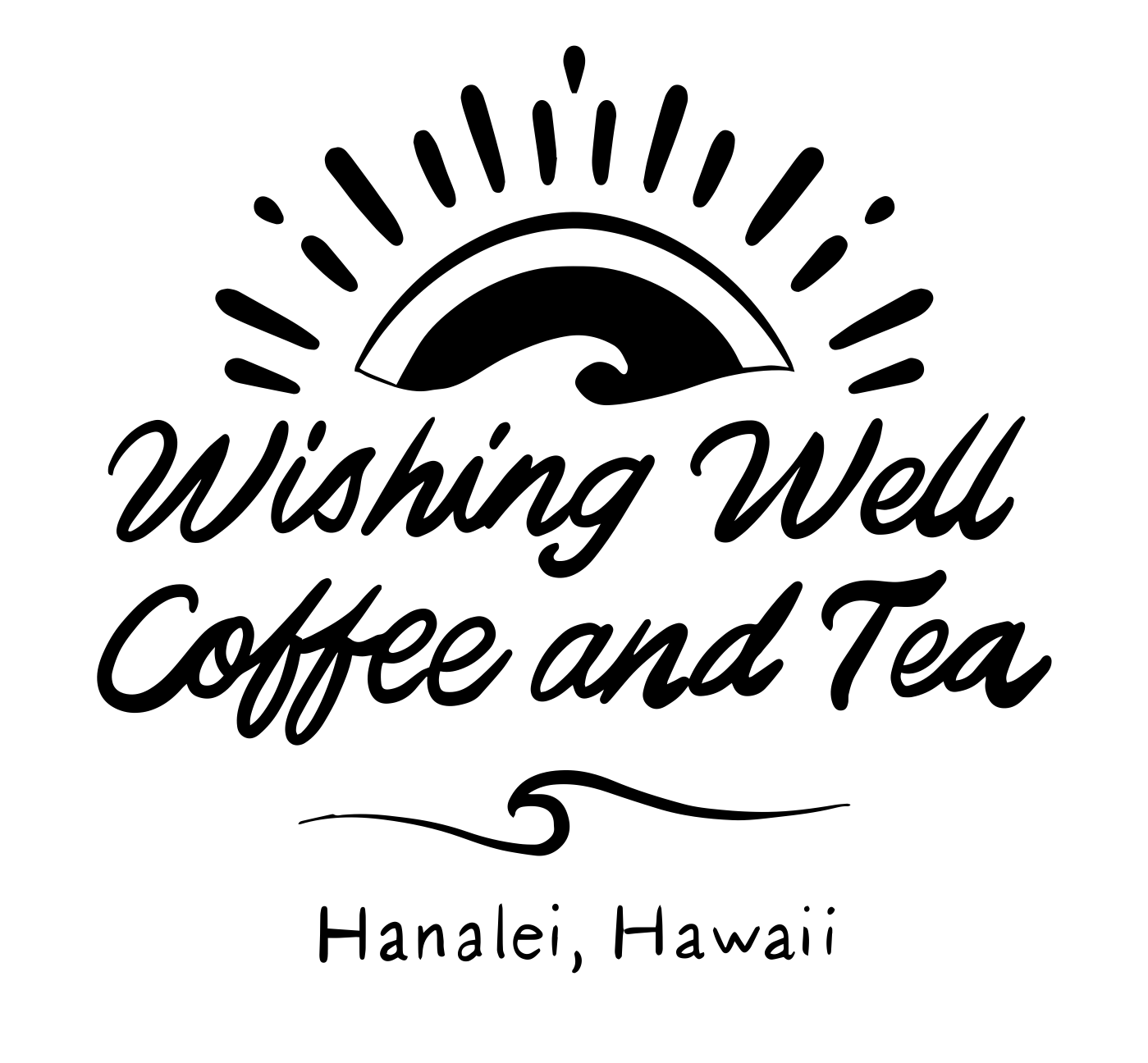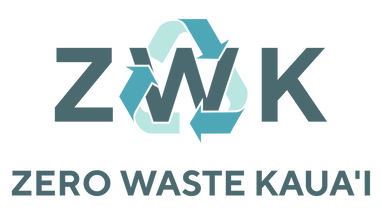
Fair & Sustainable Food Systems
ʻAi Pono Kauaʻi Challenge
Our ʻAi Pono Challenge is an annual "eat local" challenge that encourages participants to discover and embrace new ways of sourcing and incorporating locally grown and produced food. Throughout the challenge, participants have the opportunity to try delicious dishes from local vendors and discover the rich flavors of our community.

FAIR & SUSTAINABLE FOOD SYSTEMS
Our ʻAi Pono Kauaʻi Challenge is an annual “eat local” week-long event that seeds pride in Kauaʻi's local food system.
Food sovereignty is access to nutritious, cultural, and environmentally important; locally grown and prepared food. This access to food security, and cultural foods are vital resiliency for communities, the land we live on, or ʻāina āpau. Co-create your own food journey of locally-sourced meals, savor mouthwatering dishes, ingredients, and foods from local vendors, and build your pilina (connection) to Kaua‘i’s vibrant flavors.
Why is eating local important?
In pre-colonial Hawaiʻi, Kānaka Maoli fully sustained an estimated population of 1.2 million people with locally grown foods.Today, “an estimated 85% of what we eat is shipped in from the mainland”. But it doesn’t have to be this way. There are many tools for addressing our broken food system in Hawaiʻi, and certainly not one silver bullet to fix it all.
One powerful way to address this yourself is with your fork (or chopstick, or fingers) and eat local!
This is one of the reasons why we created the ʻAi Pono Kauaʻi Challenge alongside the Pesticide Action Network!
How does eating locally create change?
By creating a market for local food growers & producers.
By directly supporting local food producers, our dollars stay in Hawaiʻi and increase local food production. This is an important step toward creating a circular economy, keeping more money on the island, and diversifying our economy away from tourism.
It fosters food sovereignty by supporting nutritious, culturally, and environmentally important foods.
By supporting Kānaka ʻŌiwi farmers or indigenous foodways, more Kānaka ʻŌiwi can reconnect with their ancestral lands, culture, history, and identity. “Restoring Hawaii’s food systems requires restoring land ownership back to Native Hawaiians to farm, an opportunity for Hawaiians to learn their genealogy, as well as decolonization of the mind.”
It fosters a more resilient community.
Buying local allows you to build deeper community connections. When you know who’s producing your food and where it comes from, “this holds everyone more accountable and hopefully helps us make better choices when faced with tough decisions, like whether to spray or continue rotating crops, or whether to purchase a cheaper, yet imported product. The ability for a customer to put a name and face to a brand may change their buying habits in the future.”
It lowers your carbon foot-print.
Locally grown food doesn’t have to travel as far to arrive on your plate, so it has a low carbon footprint. Locally grown food can also have higher nutrient values due to its freshness and less pesticide/chemical residue. This can all positively impact our environment and health.
Beyond eating locally, we can support a healthy local food system in a variety of ways. For example, we can show up for community work days to support ahupuaʻa restoration projects and engage in the legislative process by advocating for an equitable, sustainable food system that centers Kānaka values and practices.
If you are interested in learning more about HAPA’s food and agriculture policy work, sign up for our mailing list below to receive calls to action!

The story behind ʻAi Pono Kauaʻi Challenge.
As the pandemic began to unfold in 2020, the long-standing need to diversify Hawaiʻi’s economy and strengthen our local food security became alarmingly clear. During this time, our friends at Project Locavore on Maui and other Hawaiʻi organizations hosted local eating challenges to move towards these goals of self-sufficiency. Inspired by these initiatives, Hawaiʻi Alliance for Progressive Action and Pesticide Action Network came together to create something similar that would bring joy to the Kauaʻi community and provide support to local businesses impacted by the pandemic. As a result, the ʻAi Pono Kauaʻi Challenge was born.
After a successful first year thanks to our participants, partners, and the critical support we received from Mālama Kauaʻi and the County of Kauaʻi, this challenge has evolved into the annual event Kauaʻi residents love today.
Participating Partners






